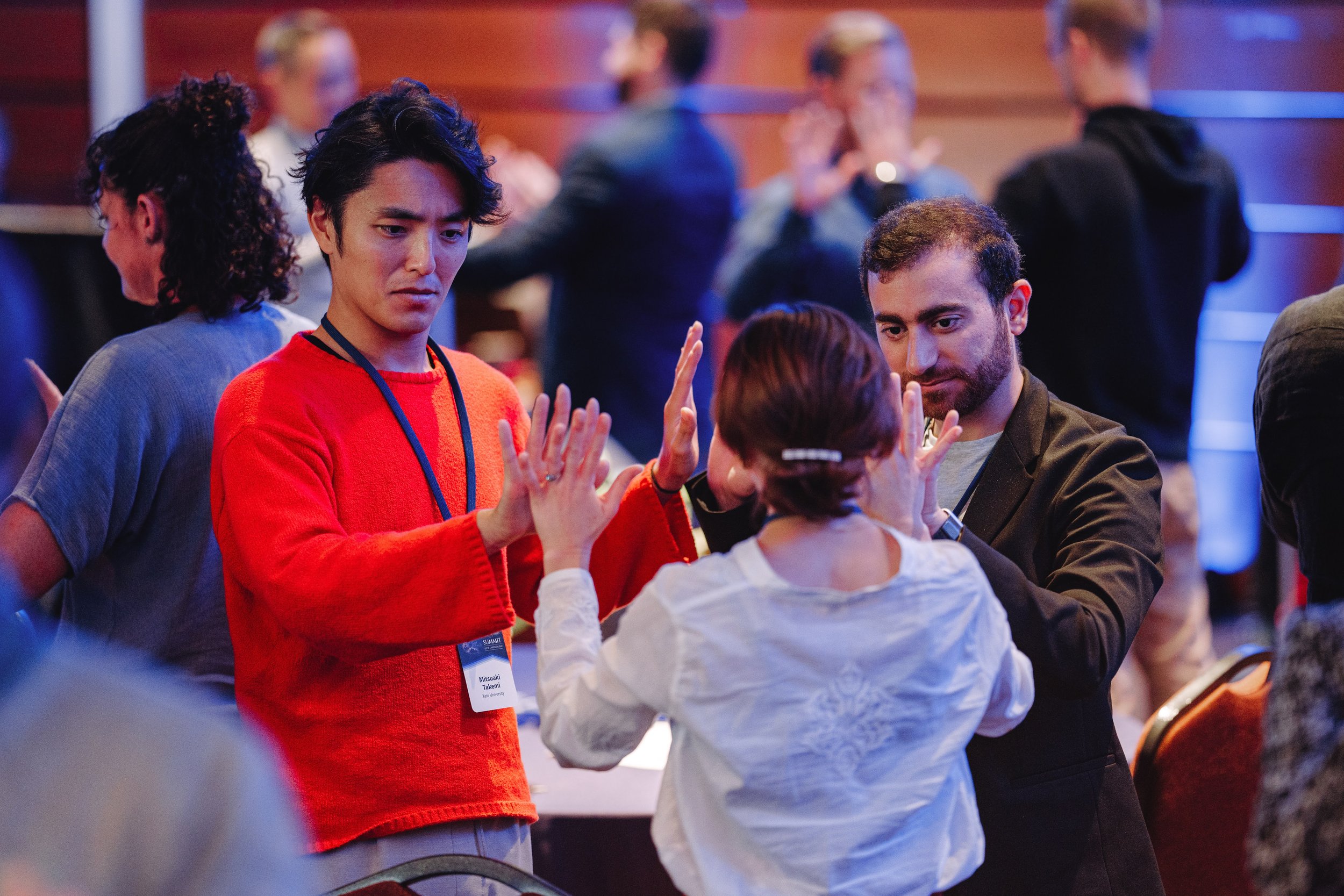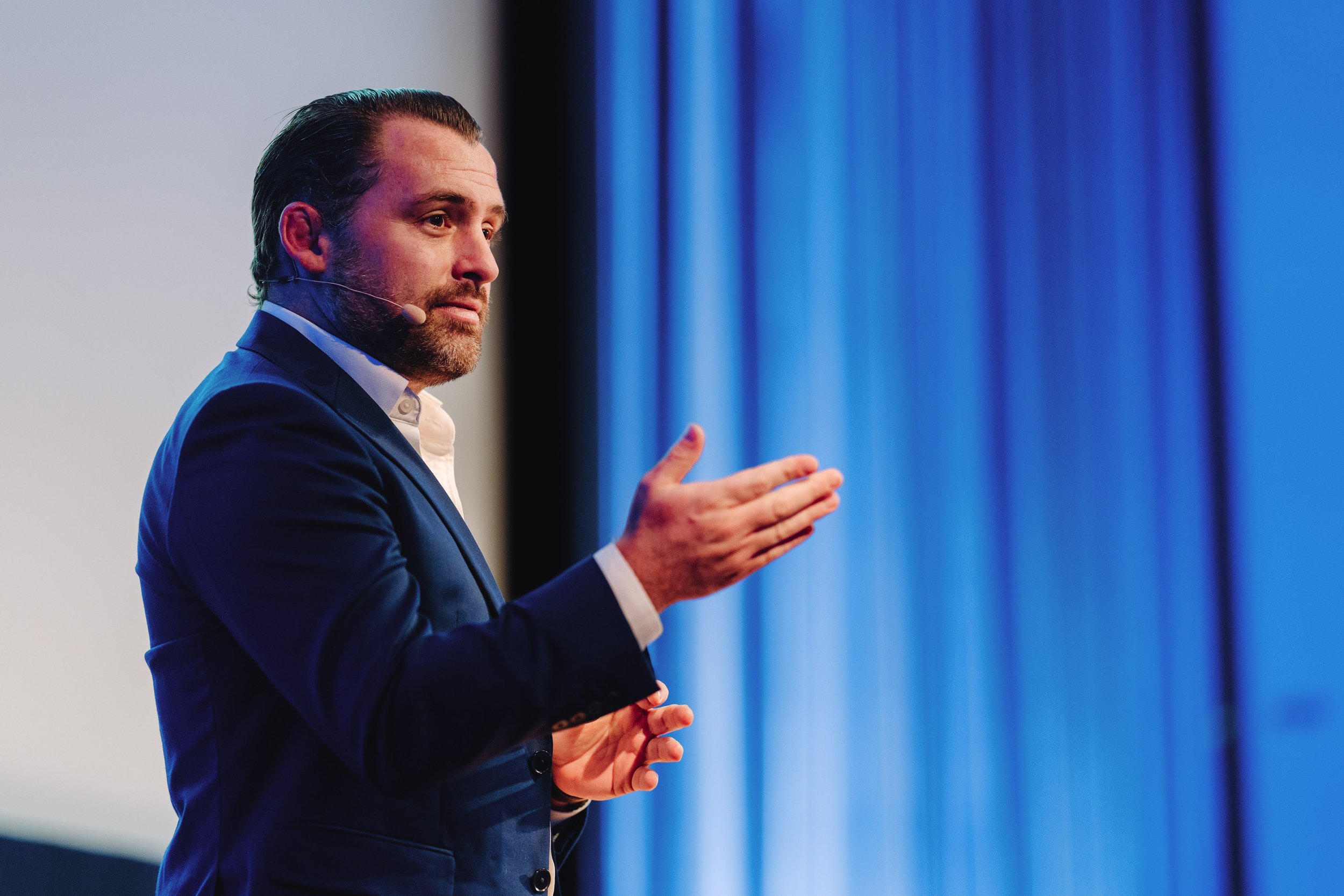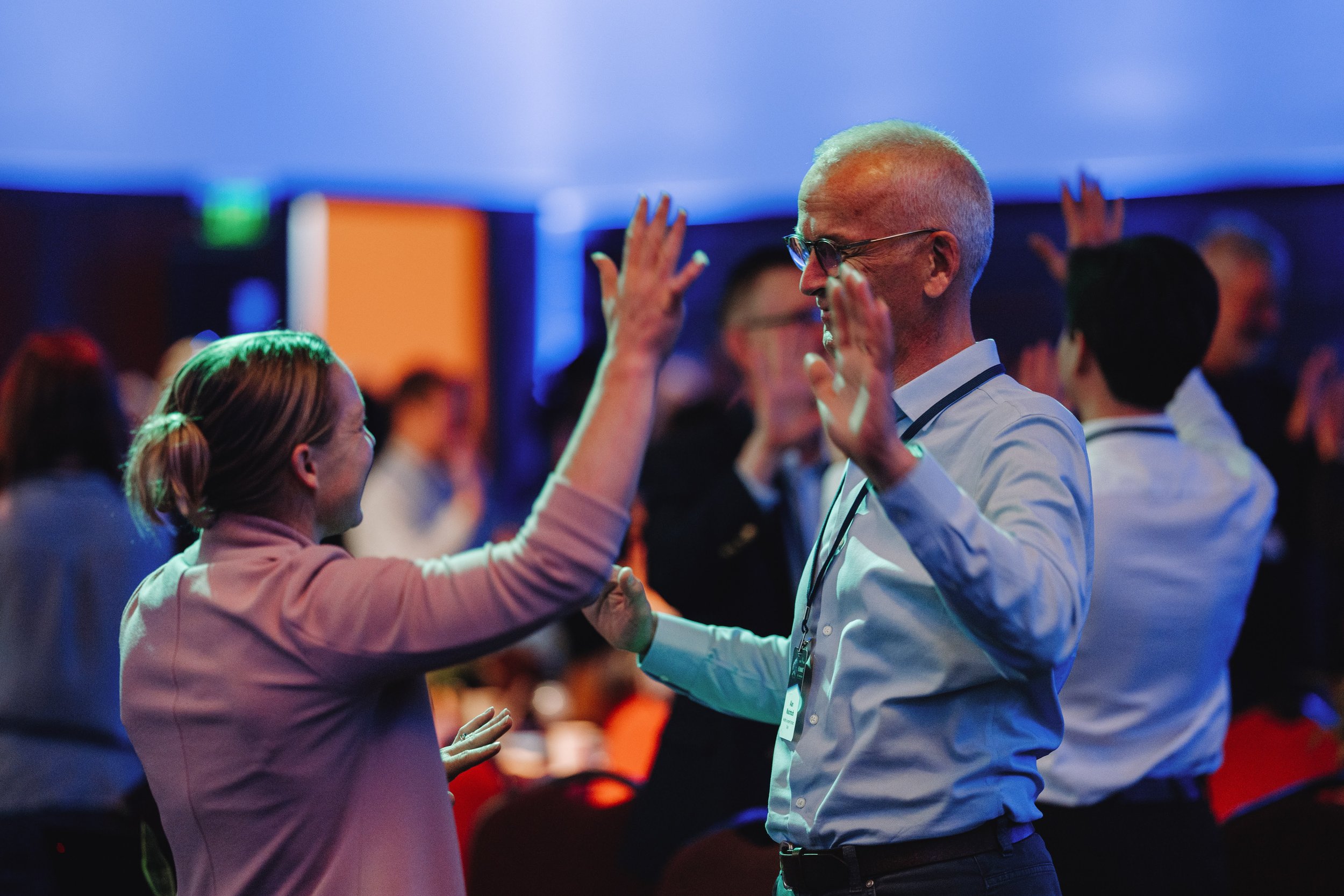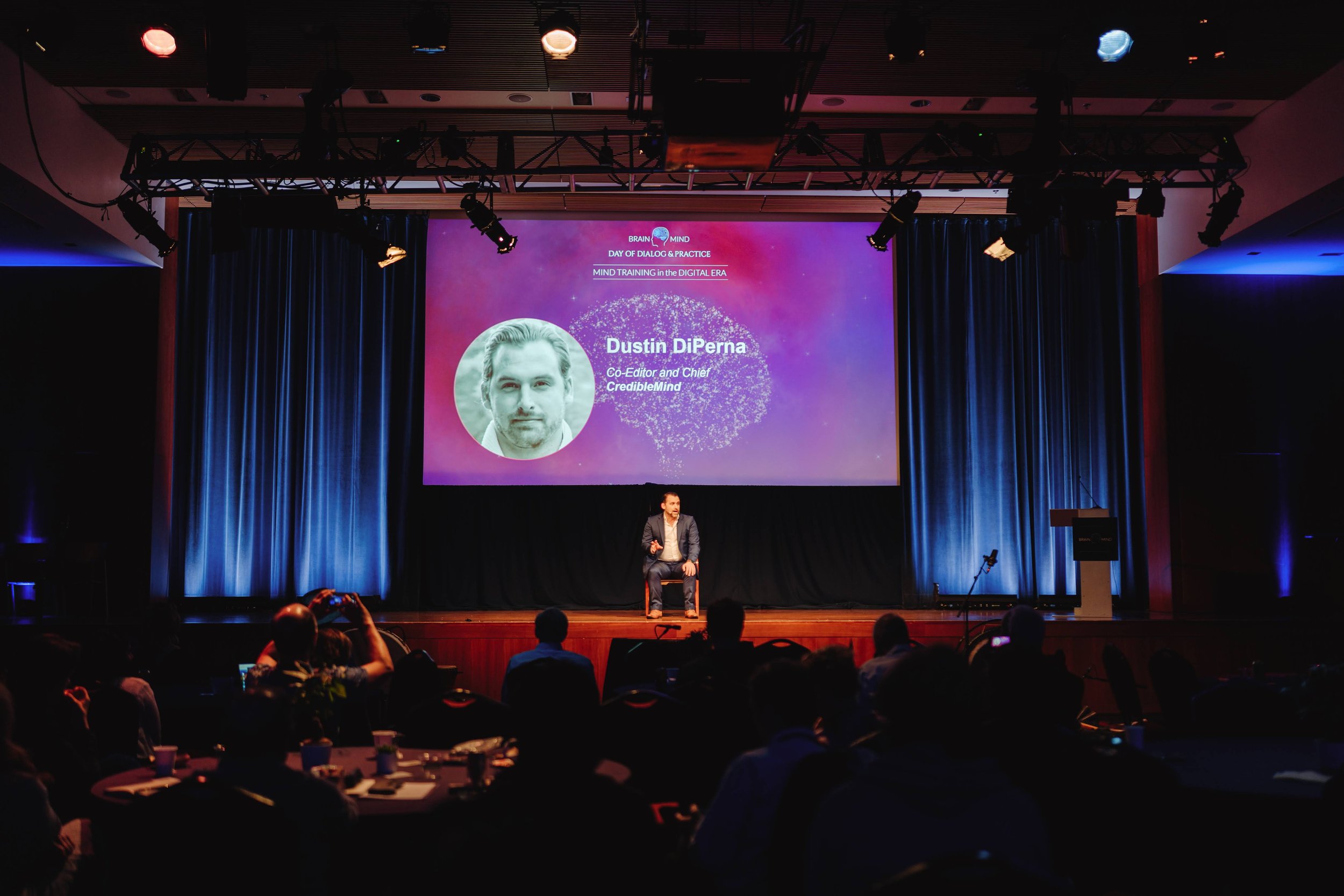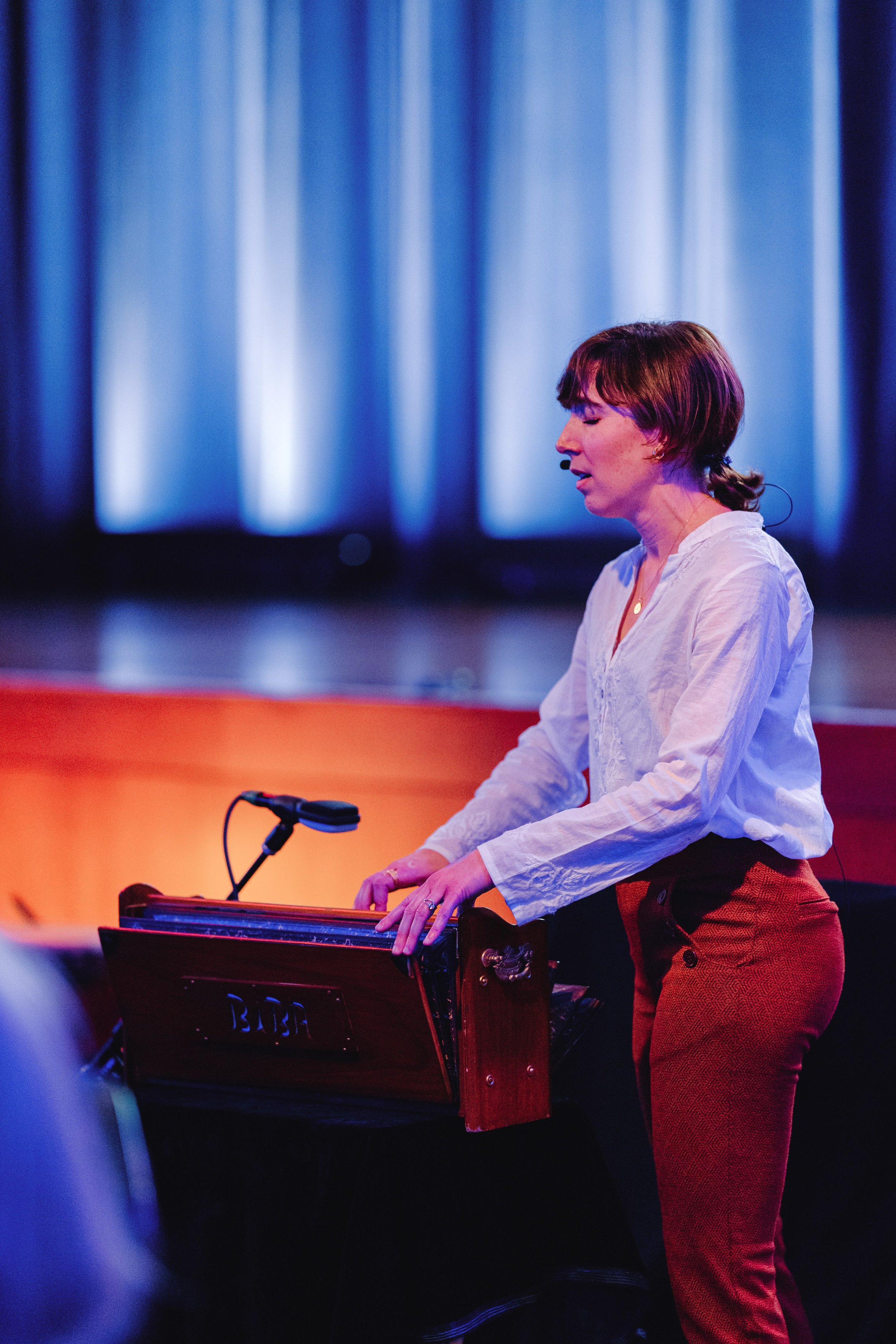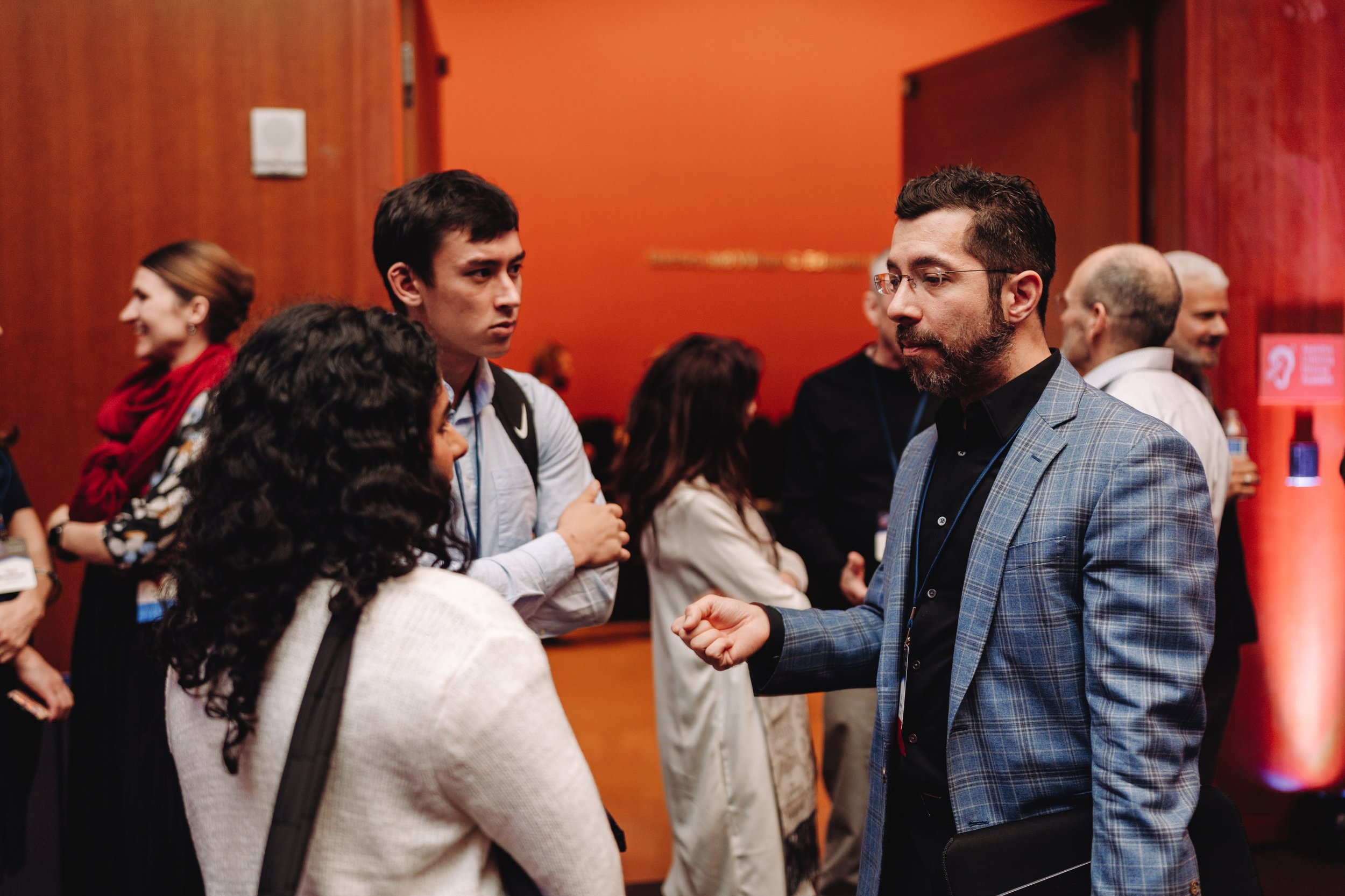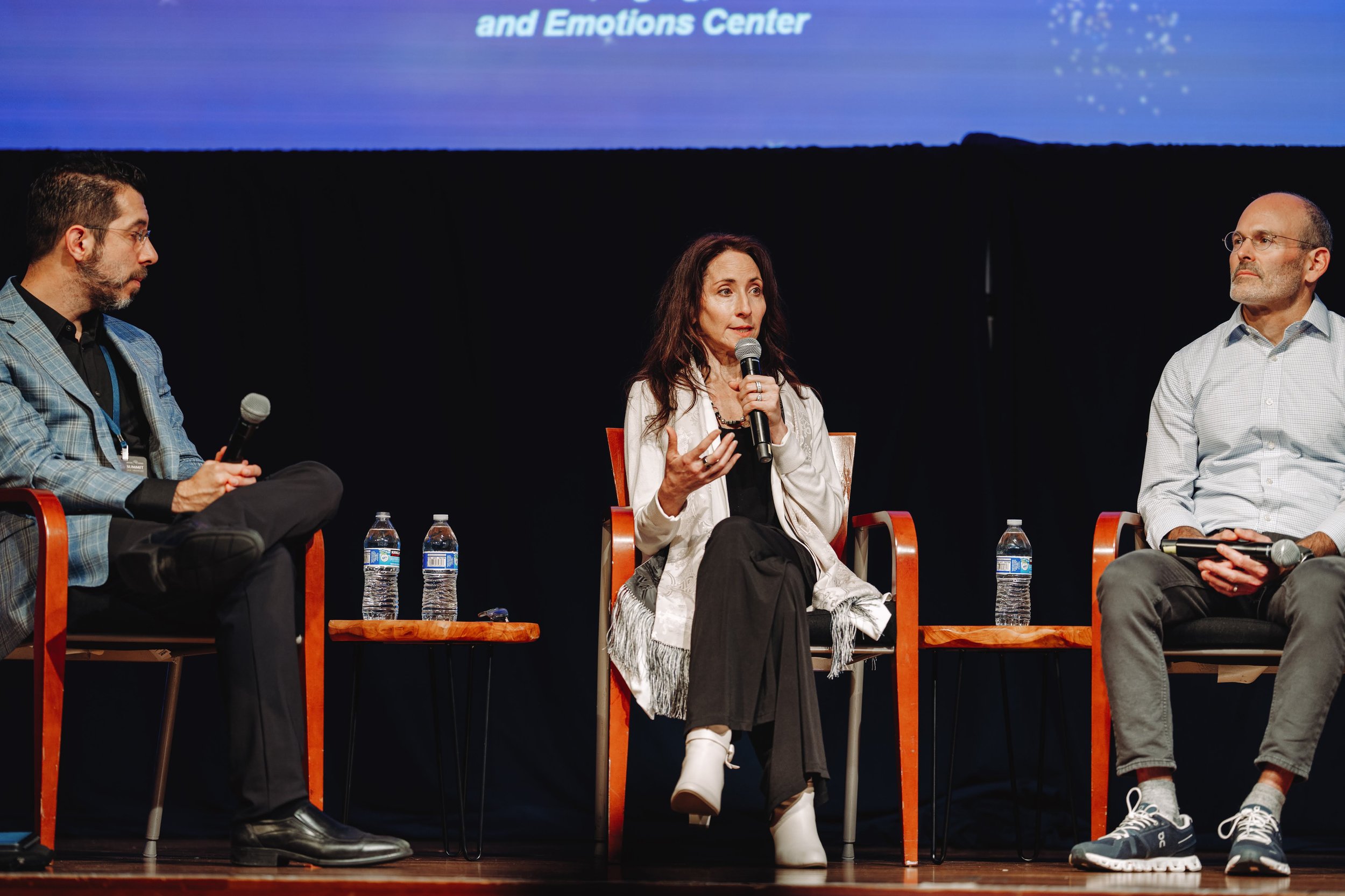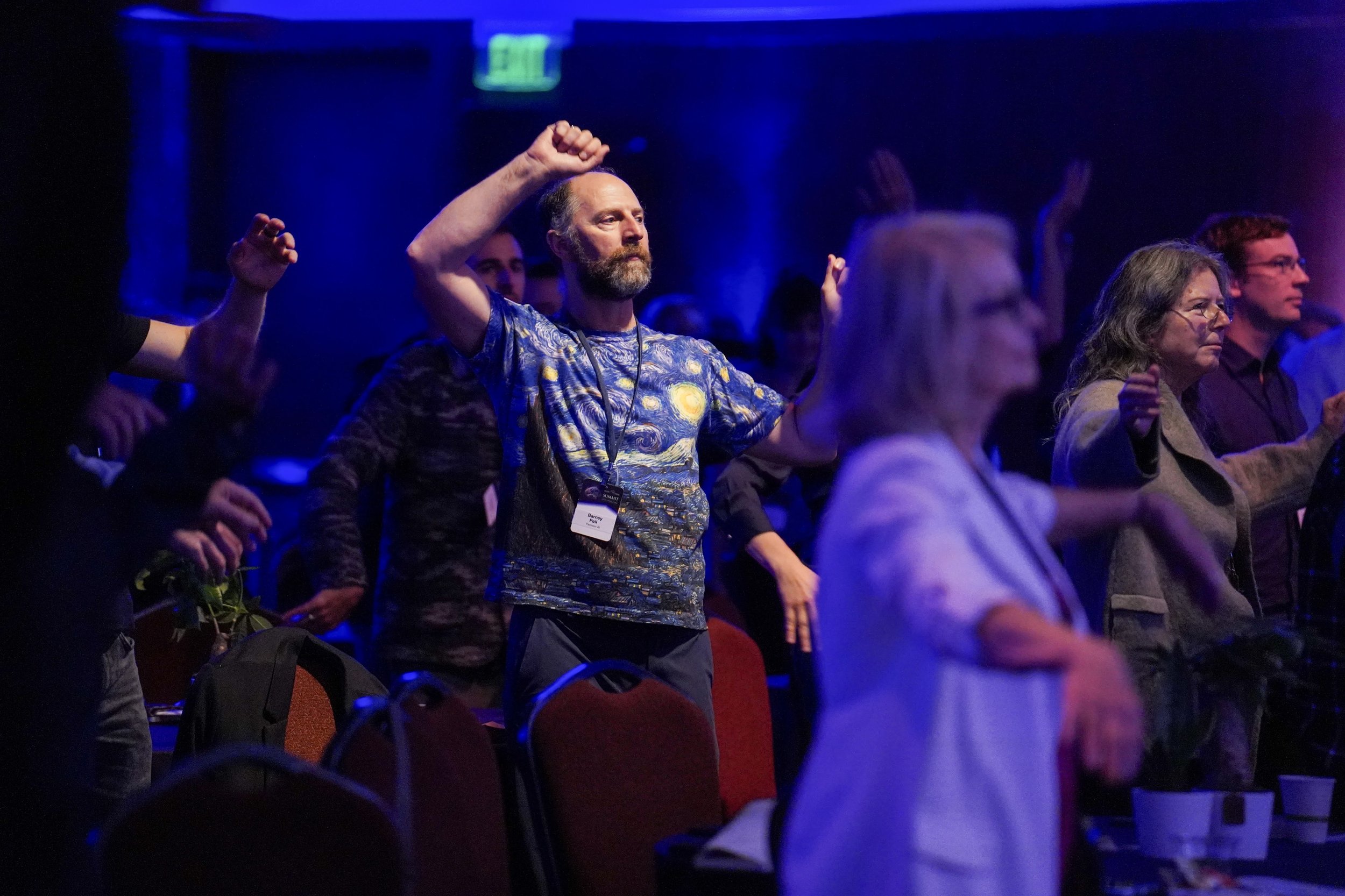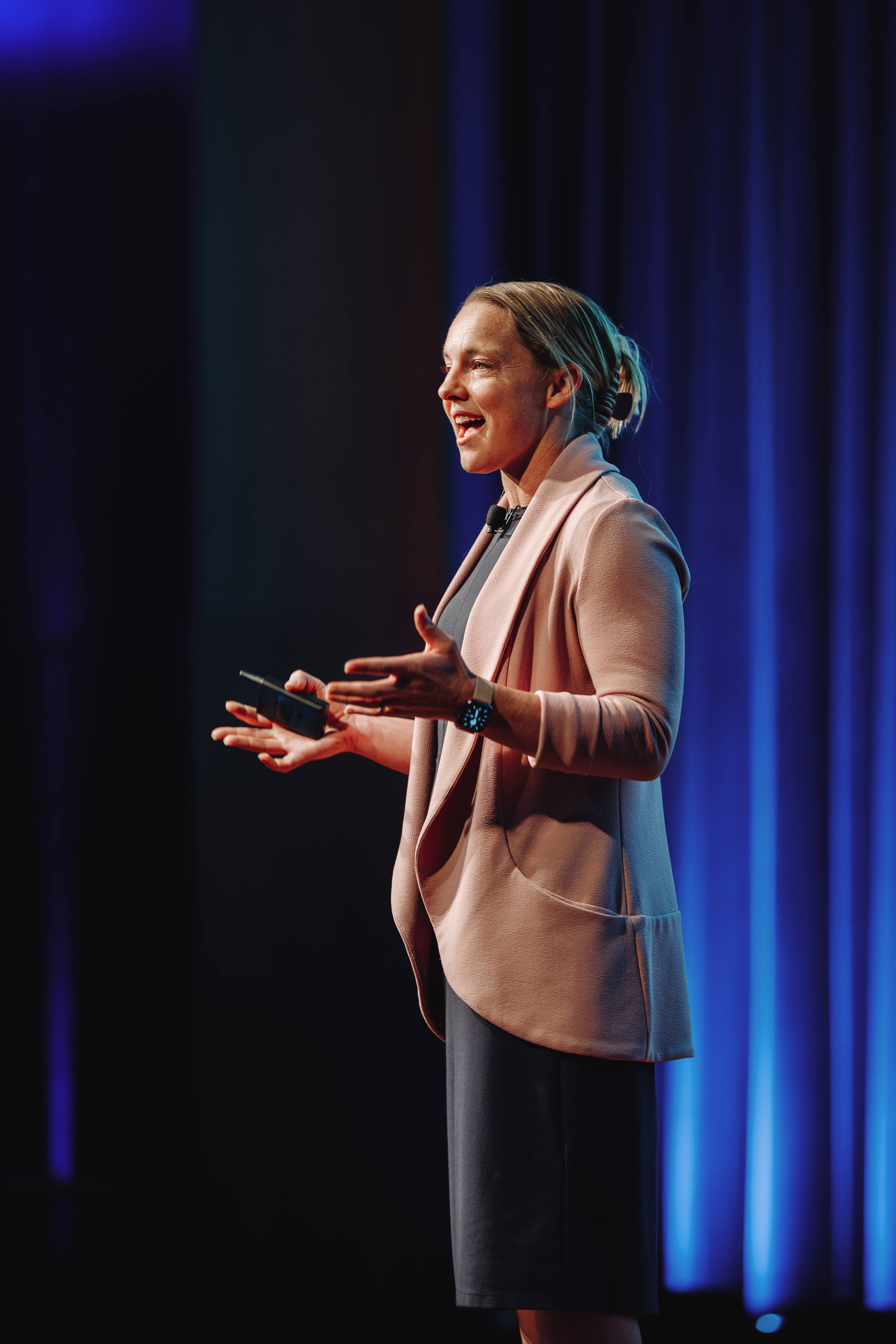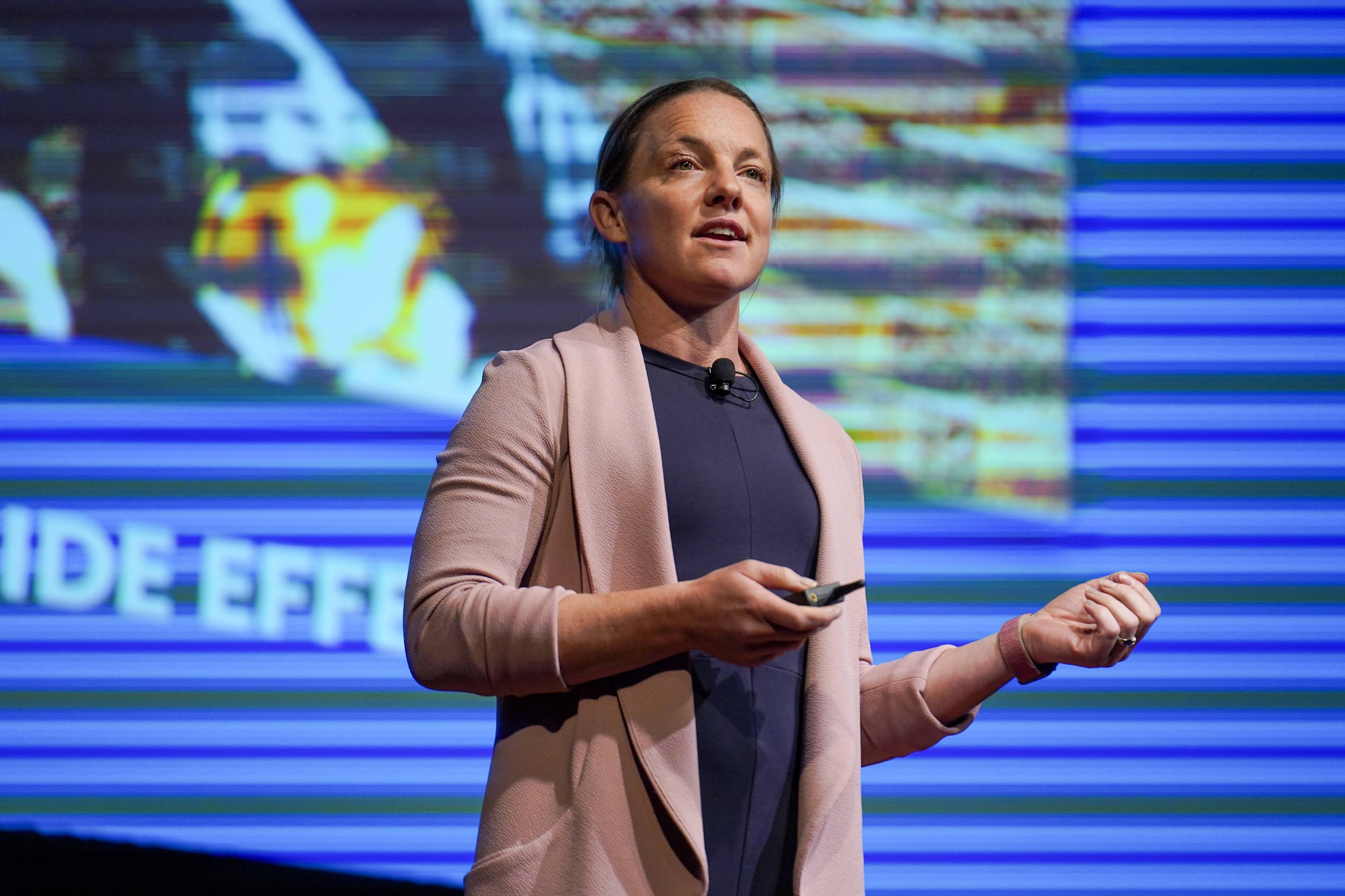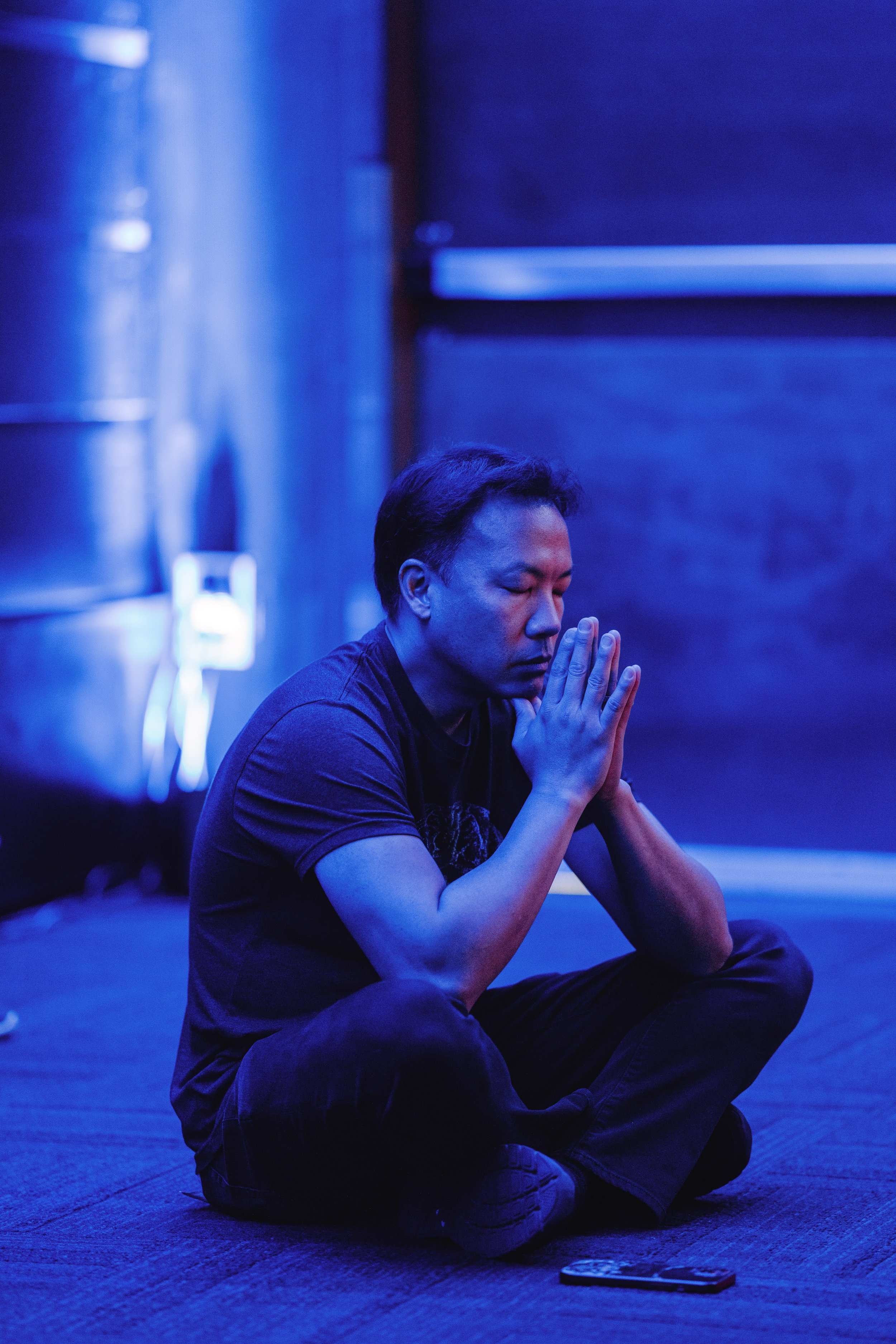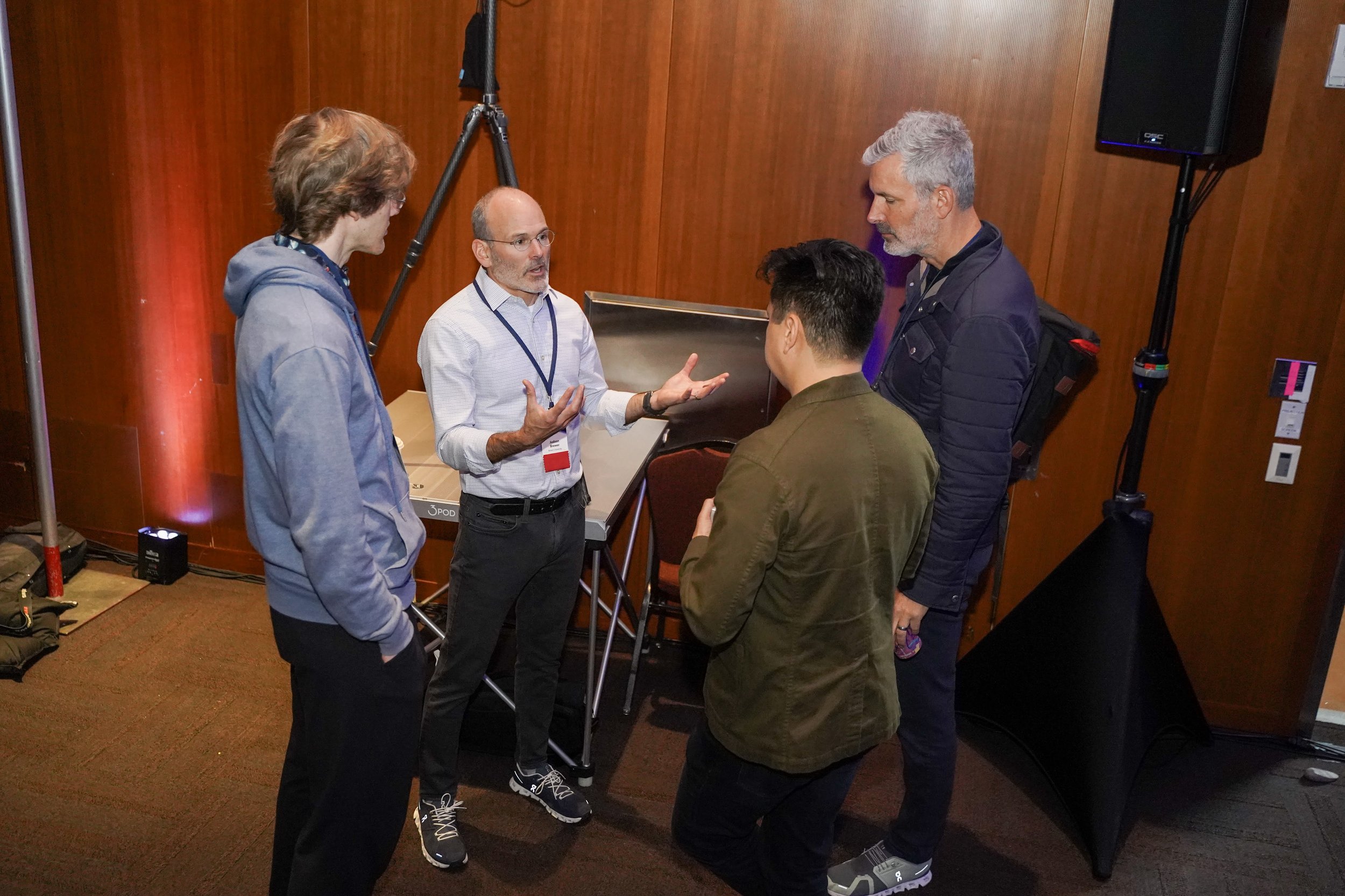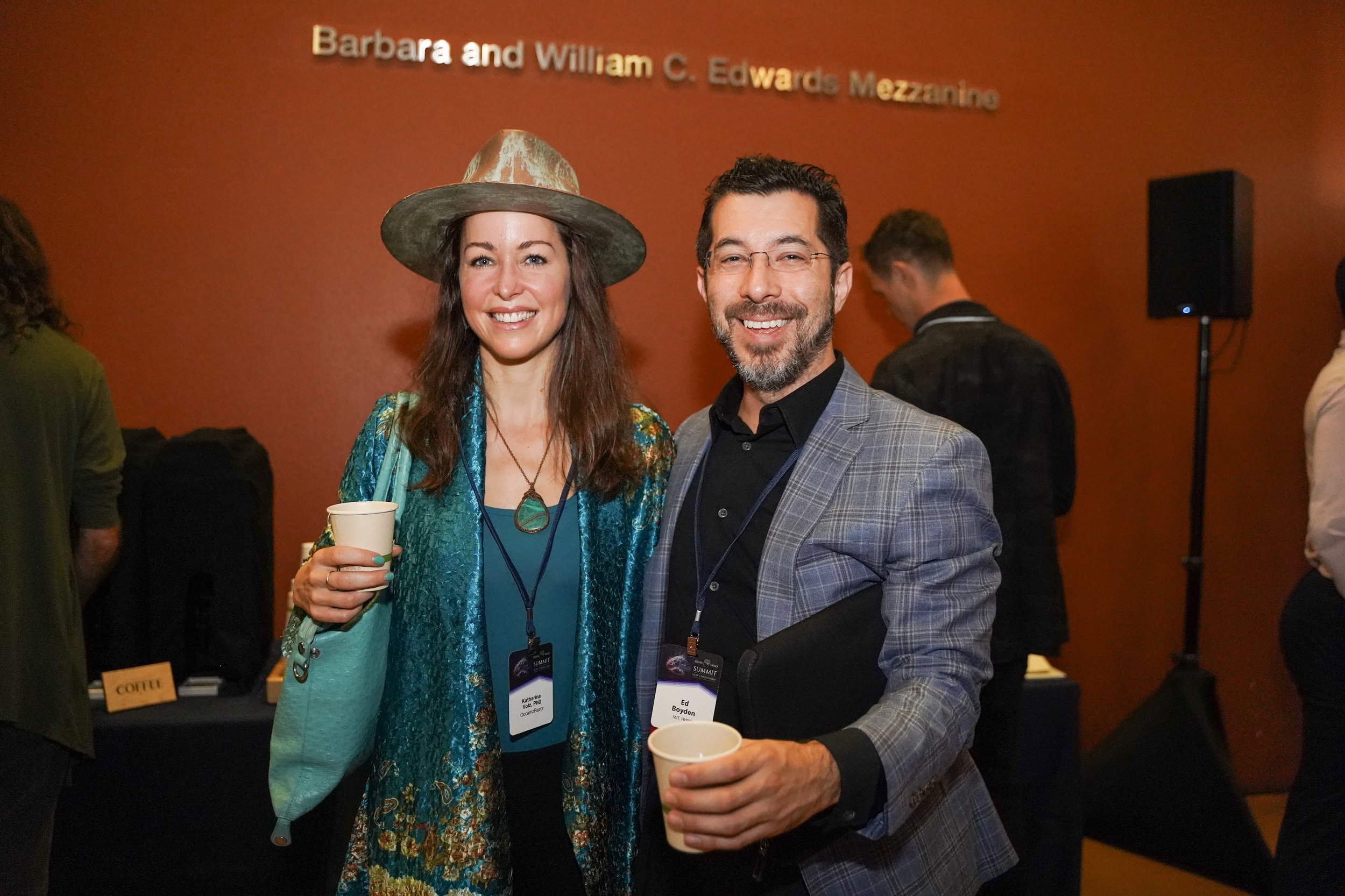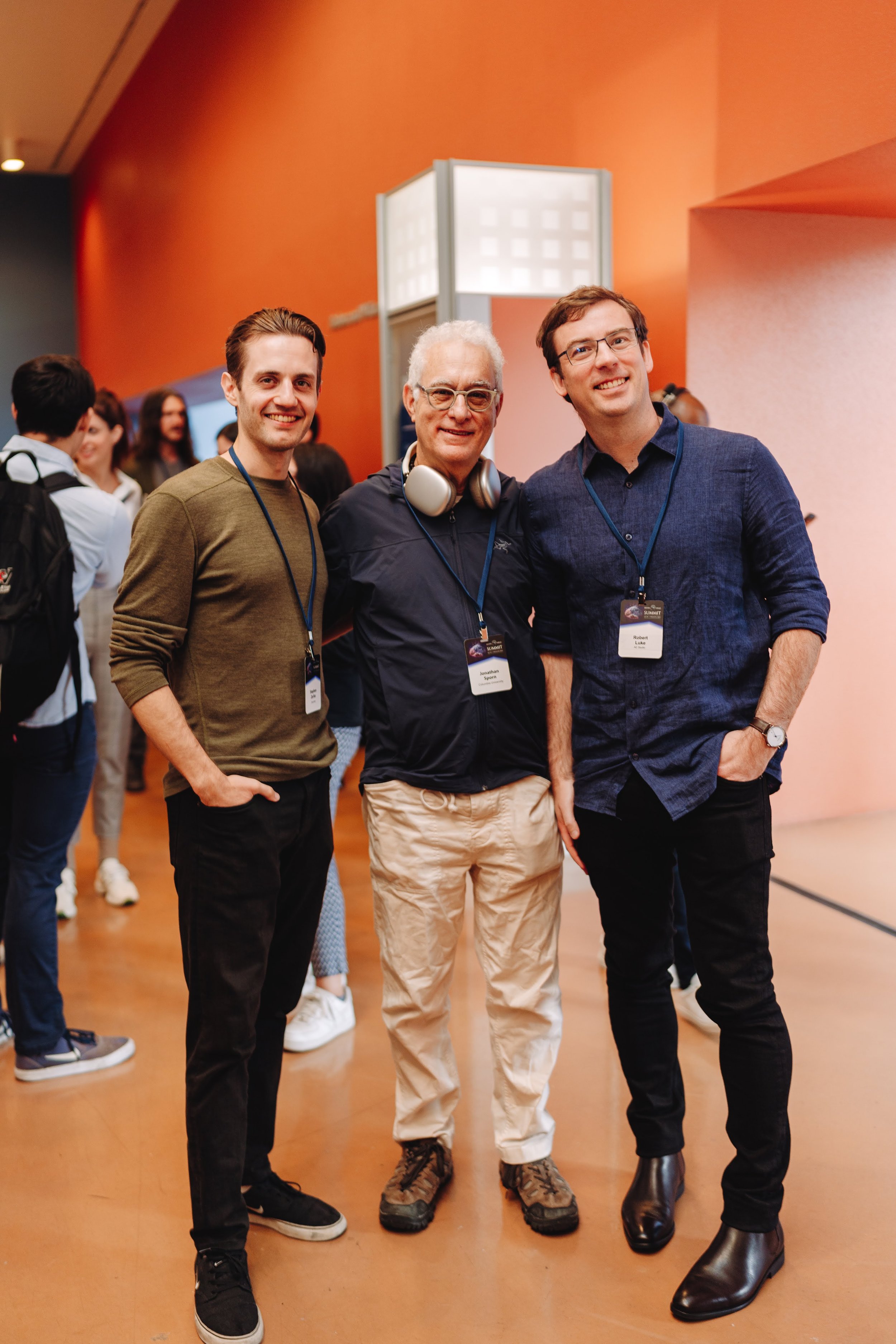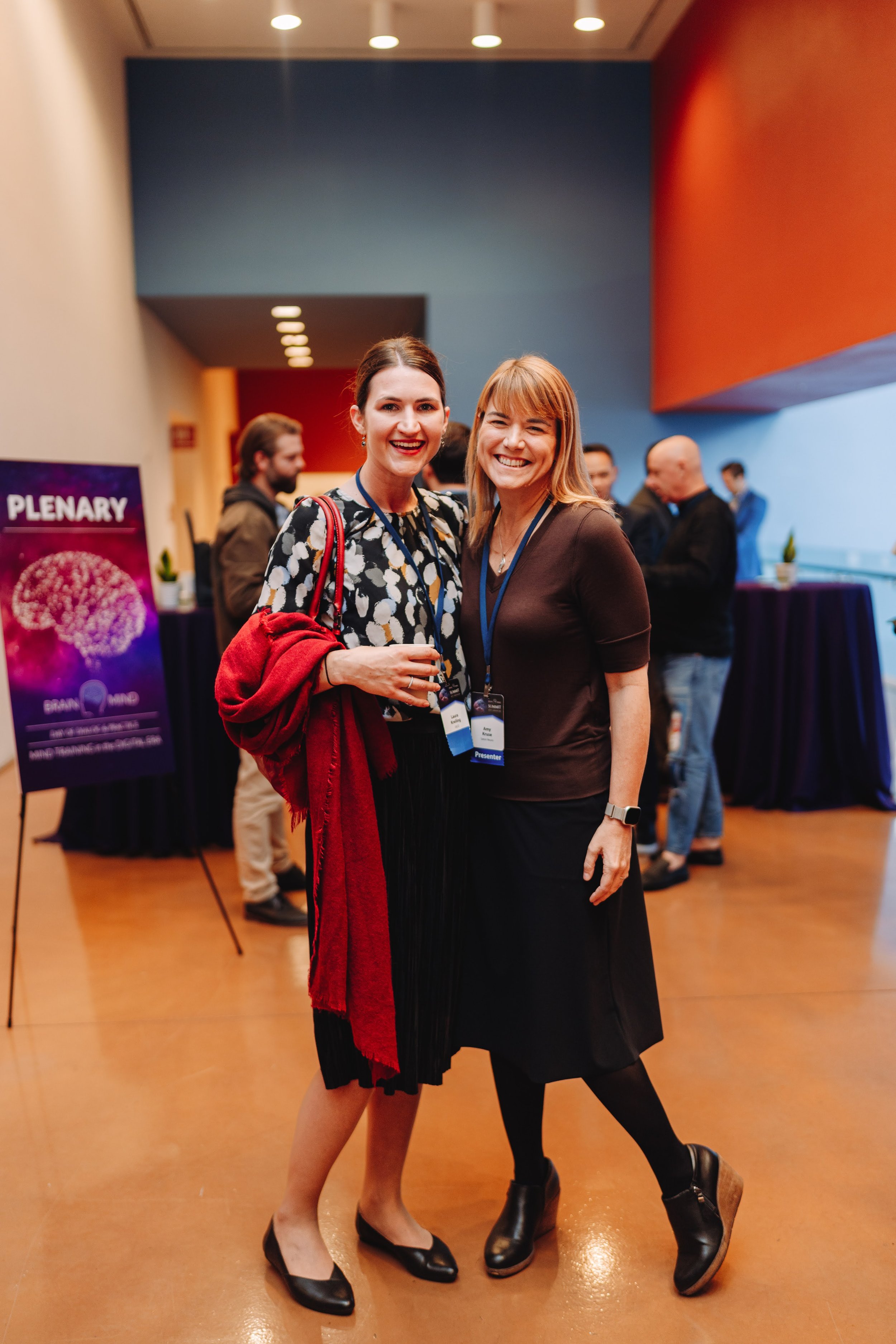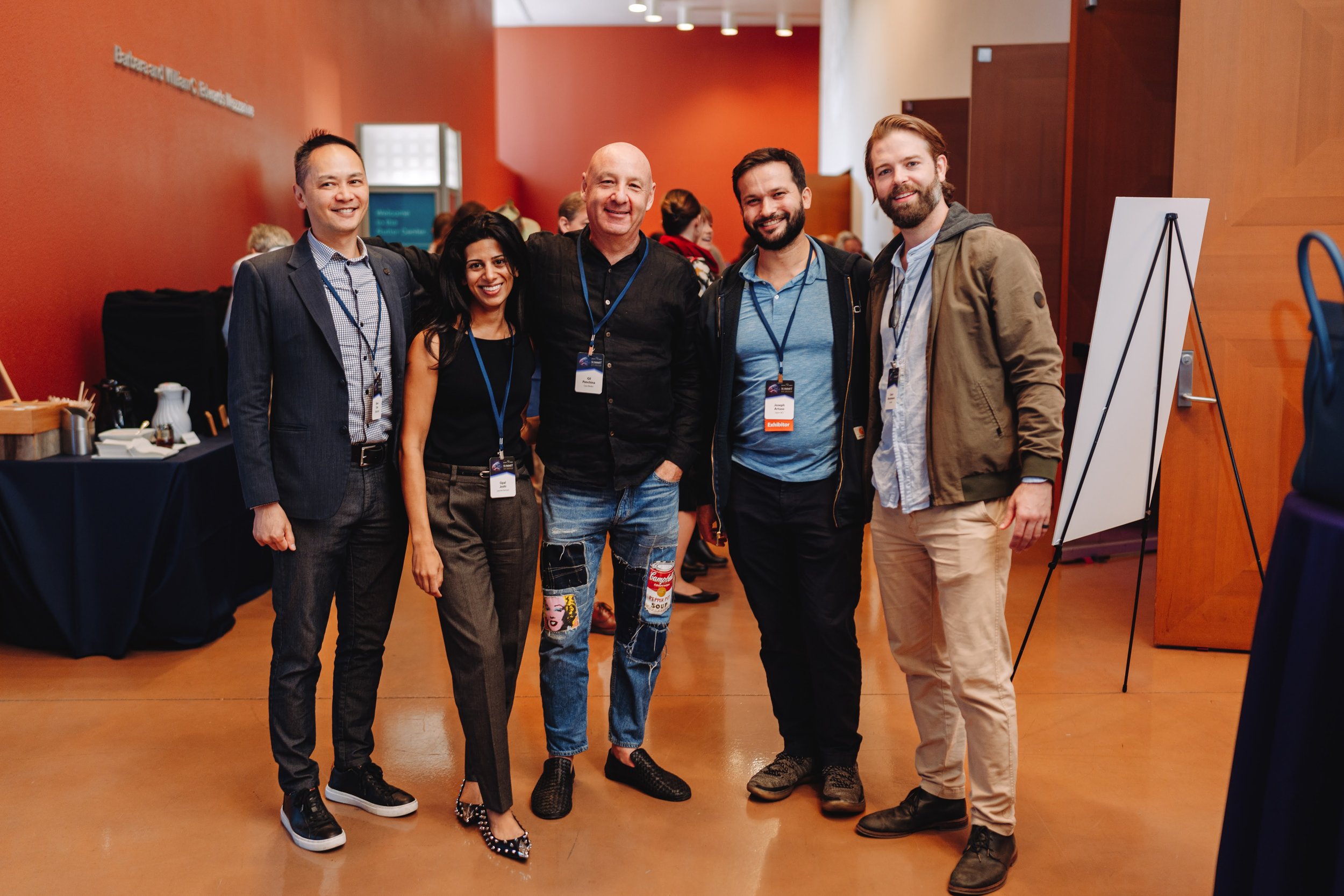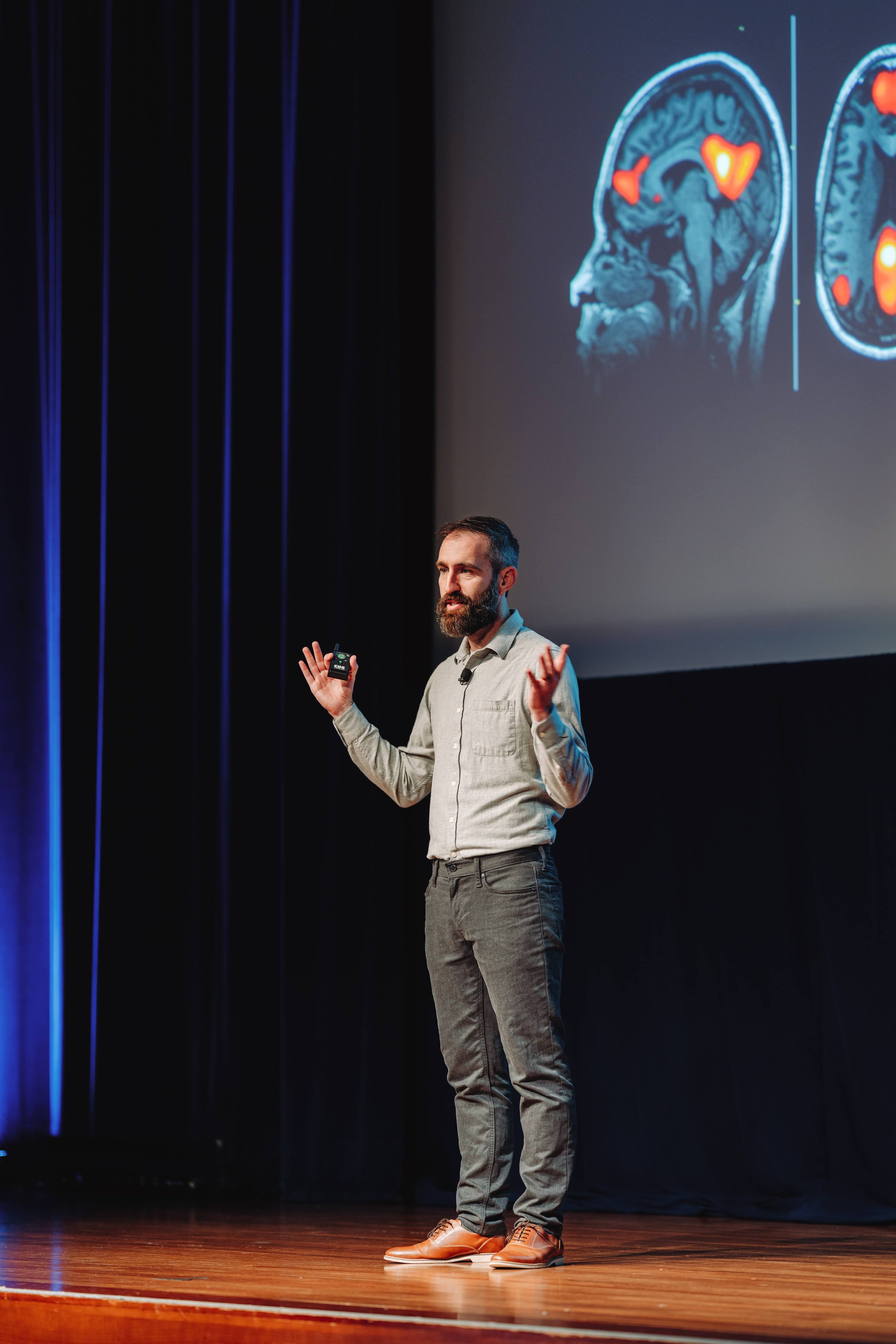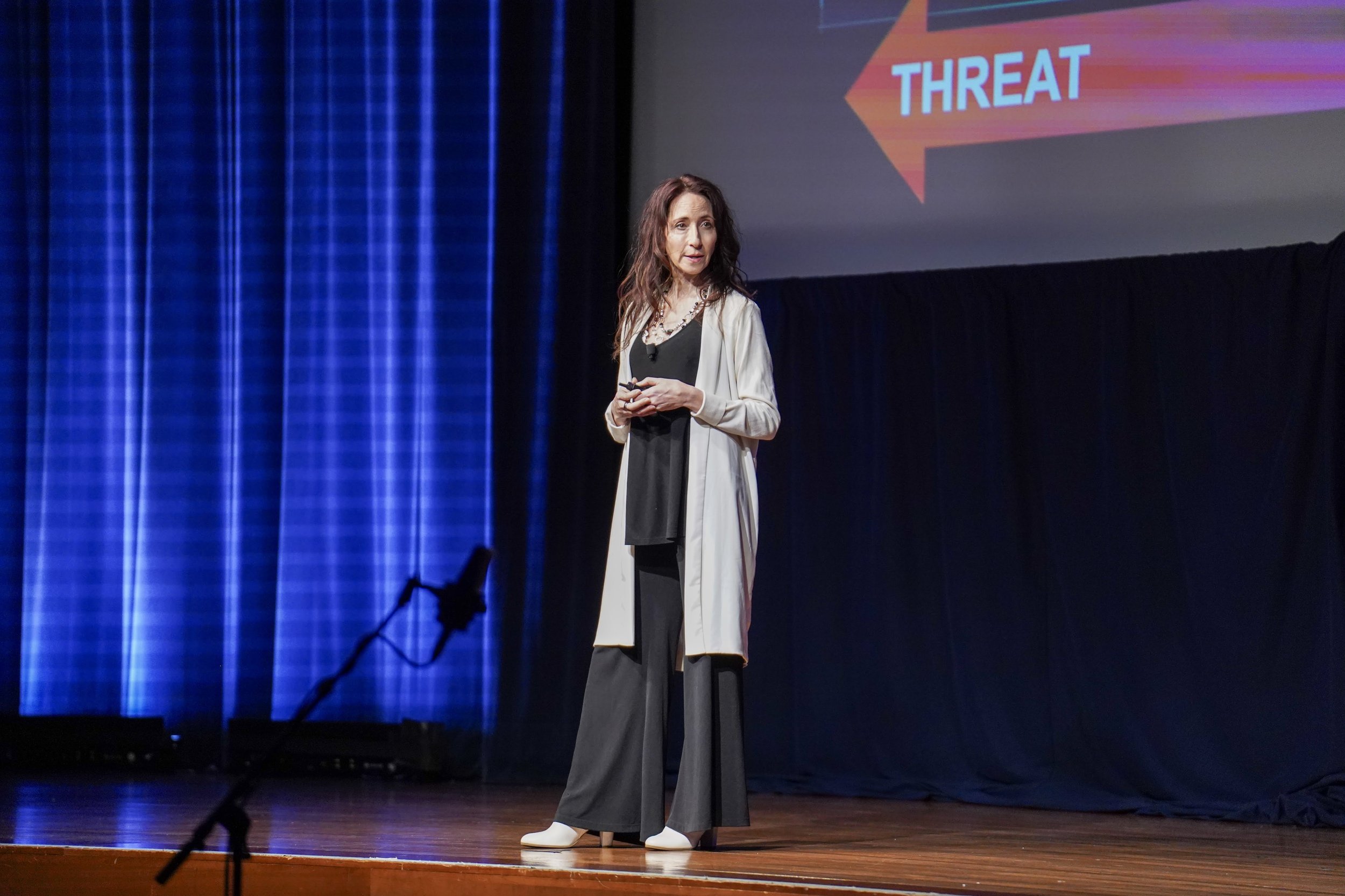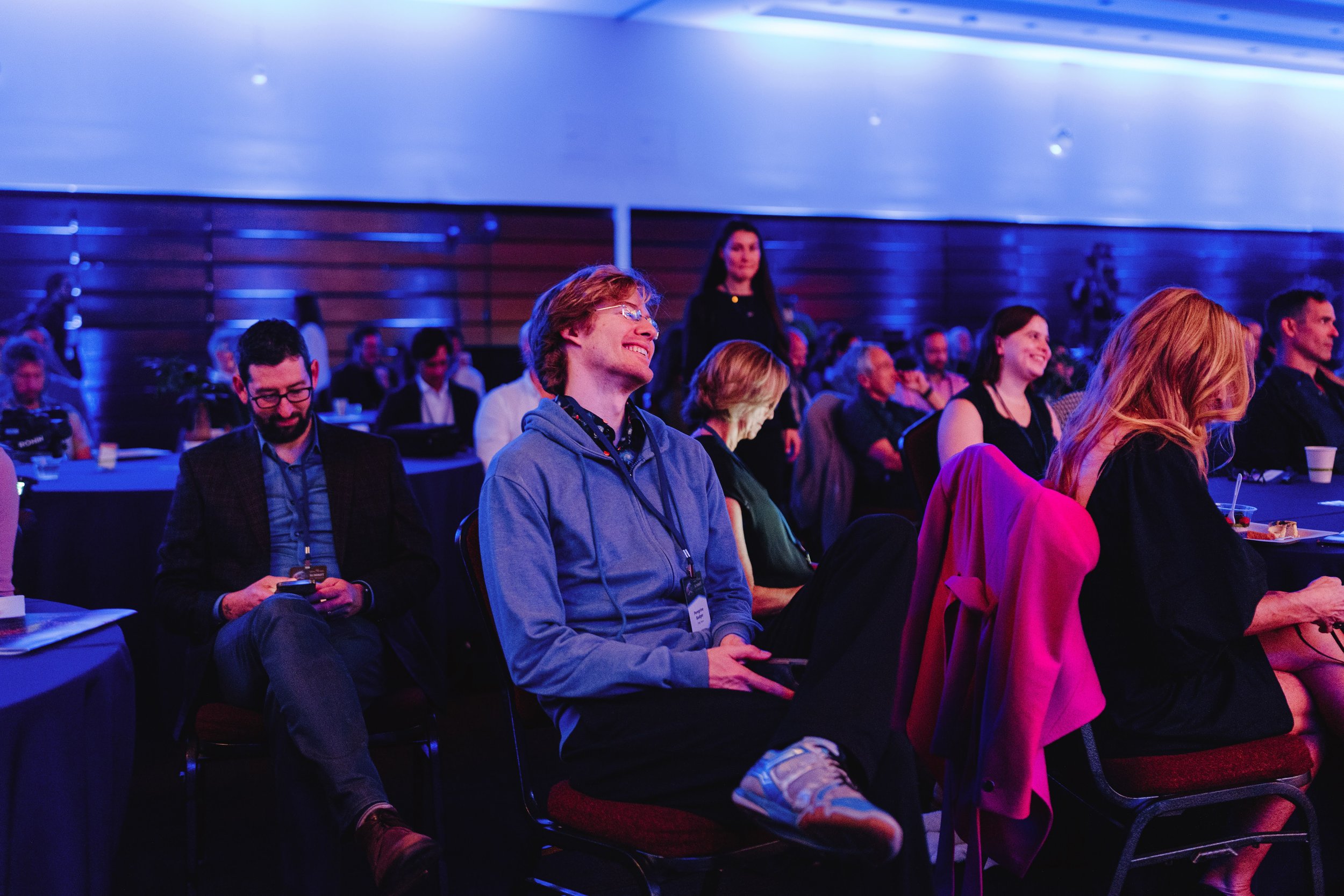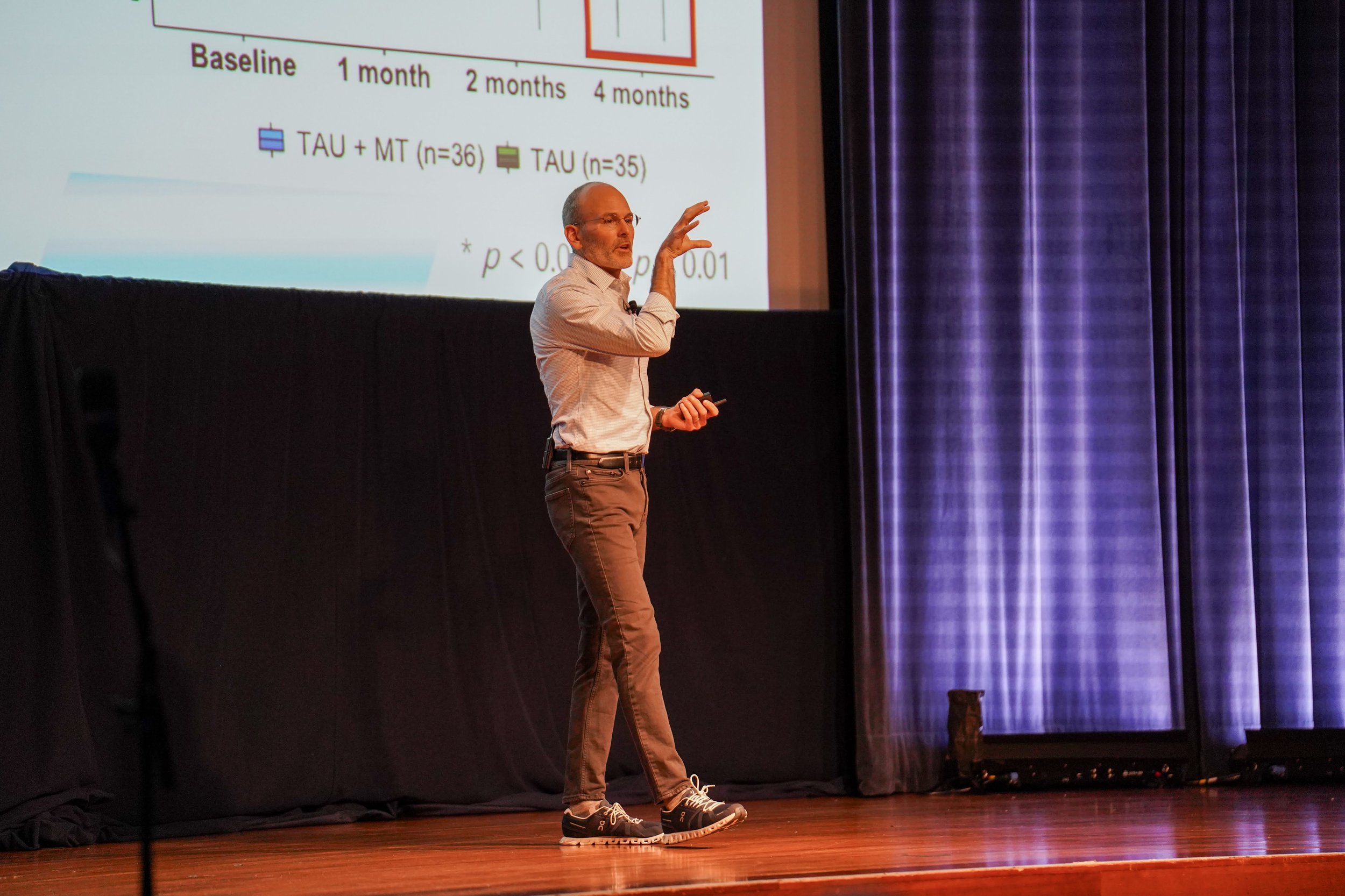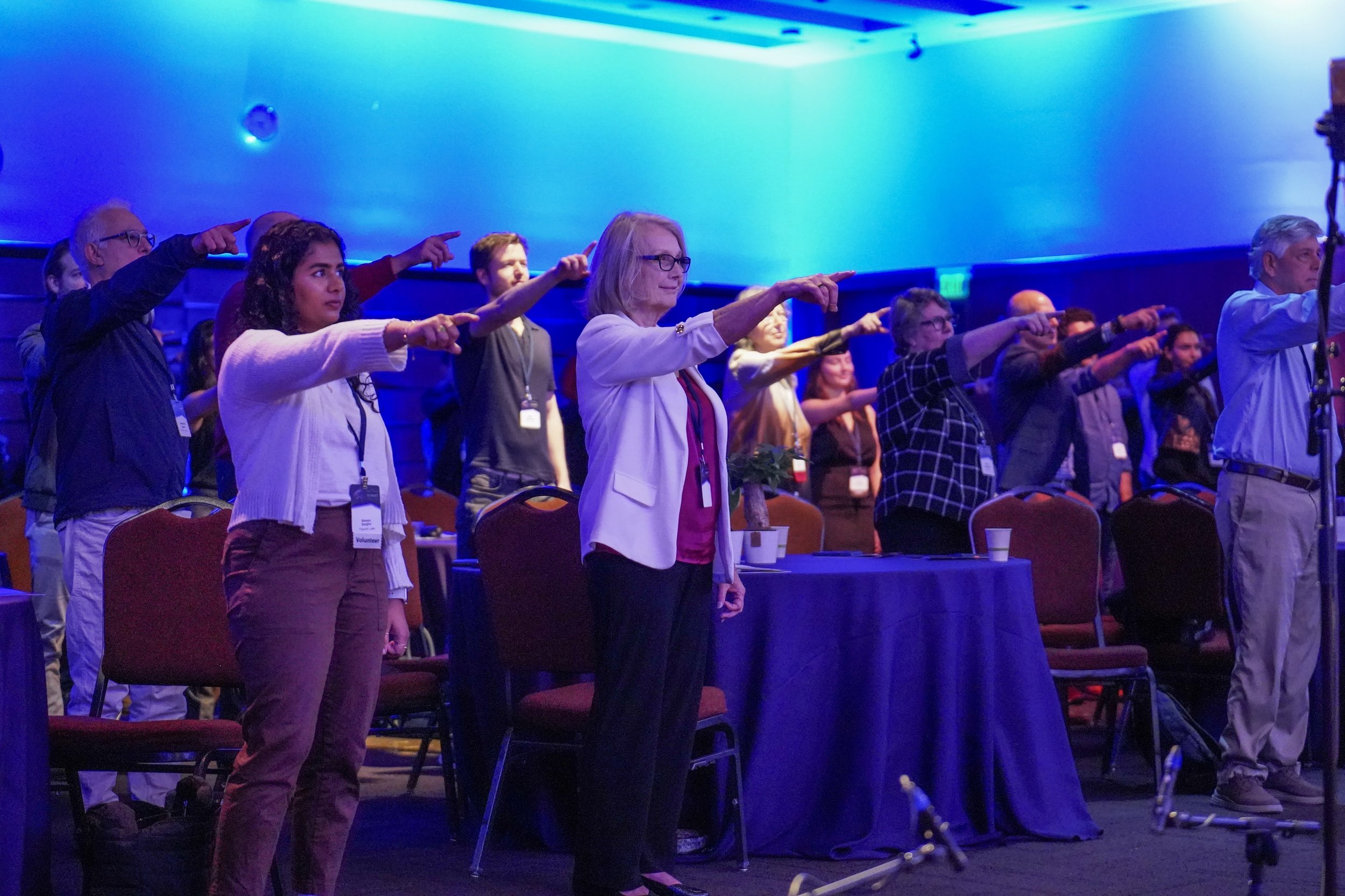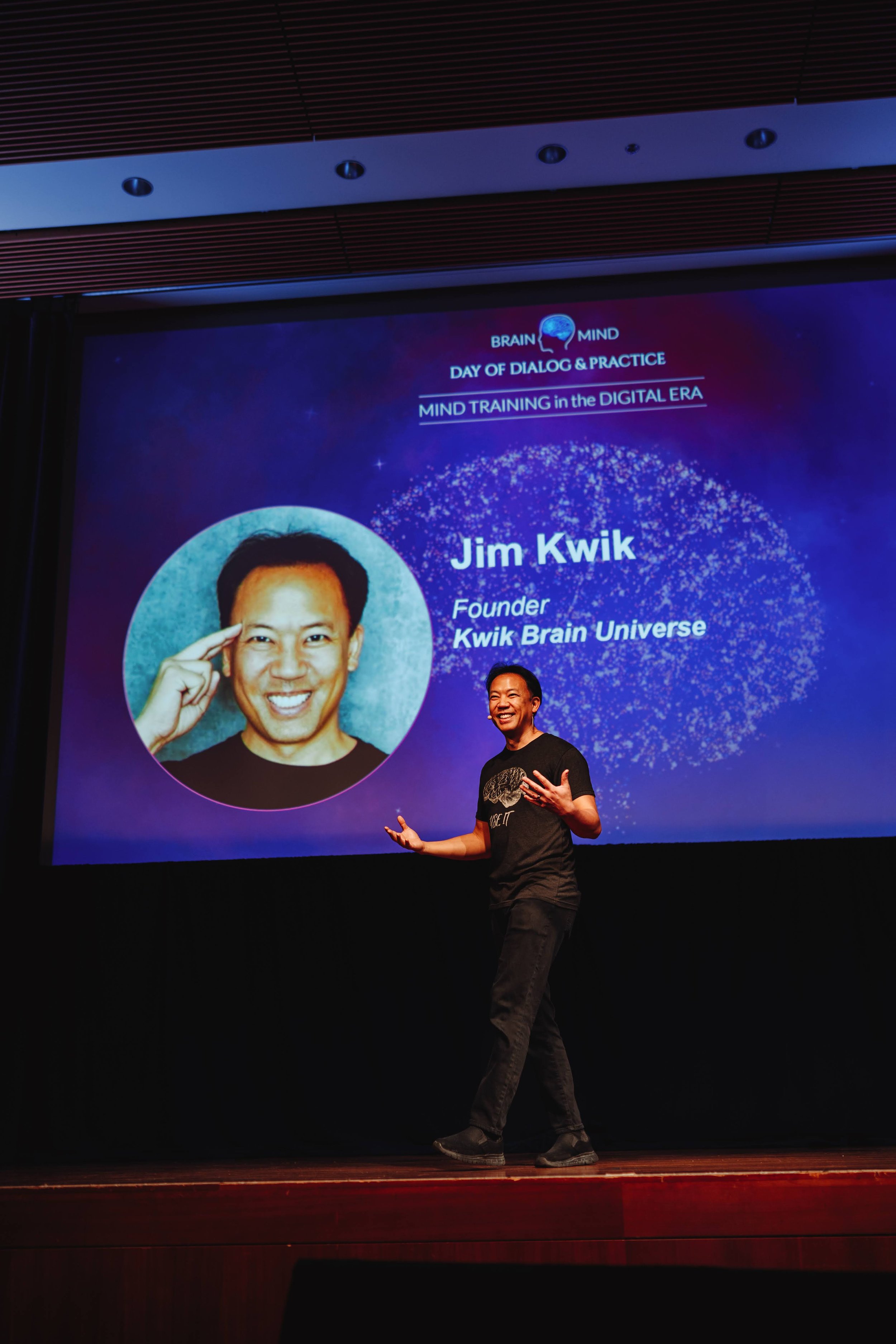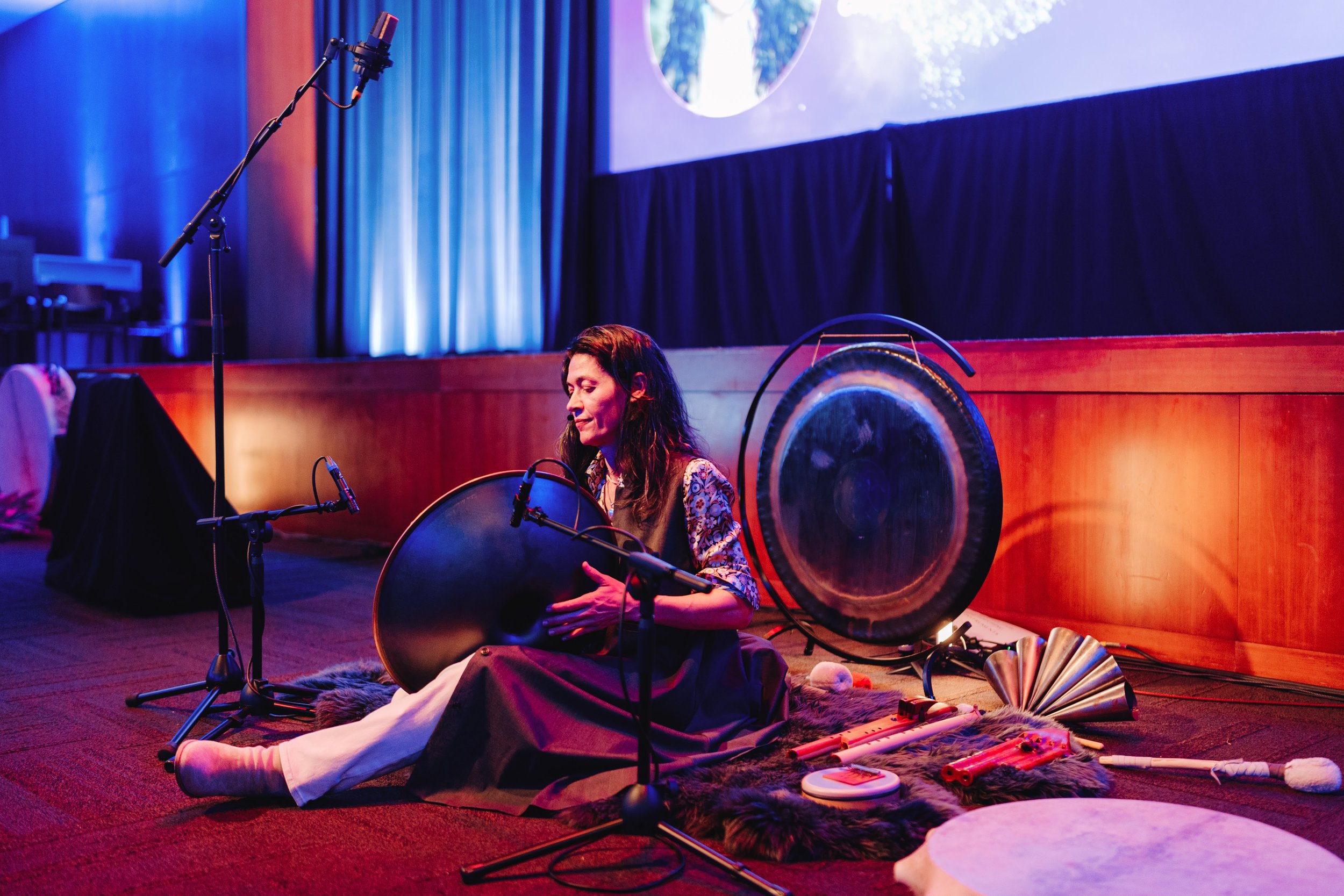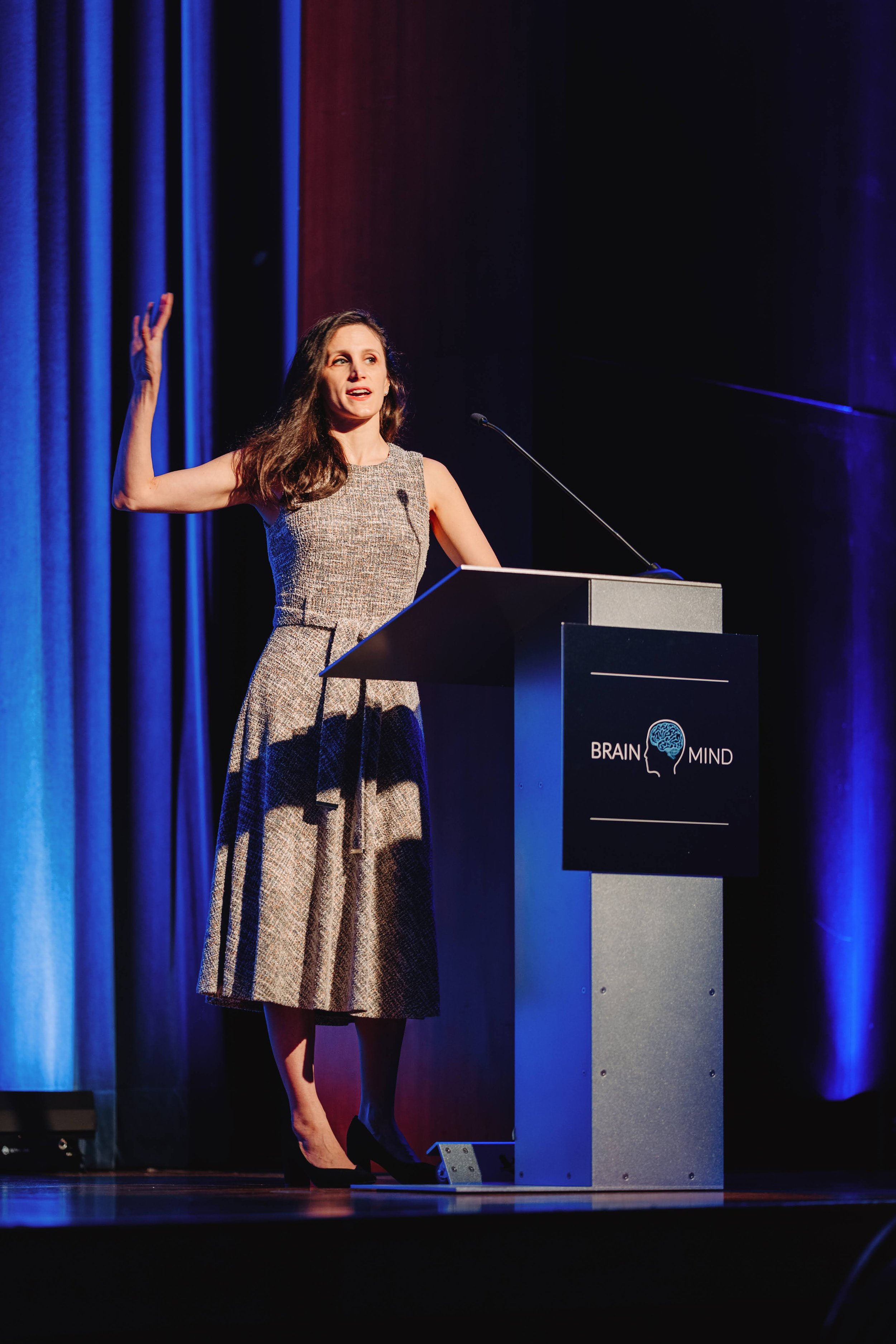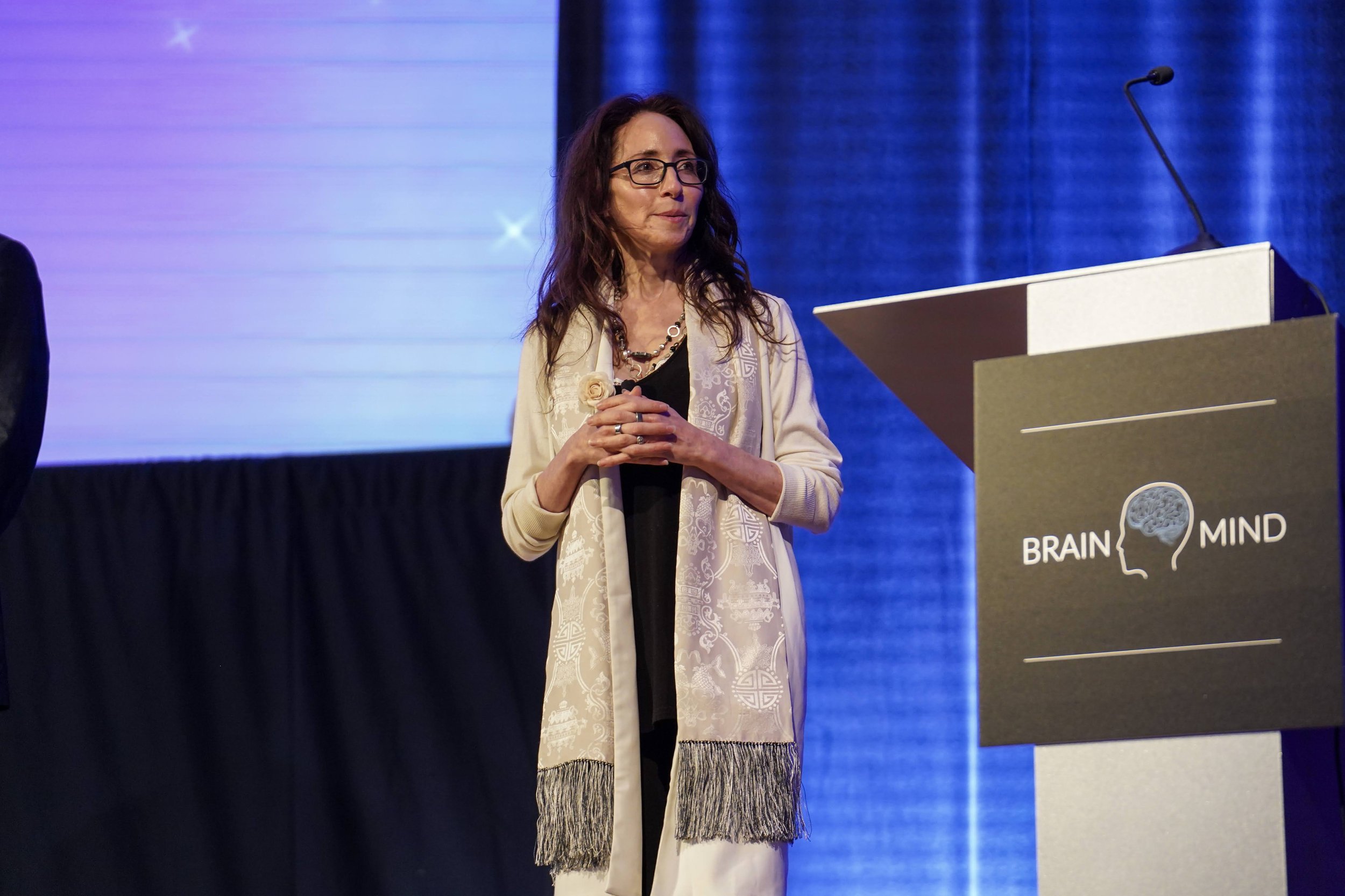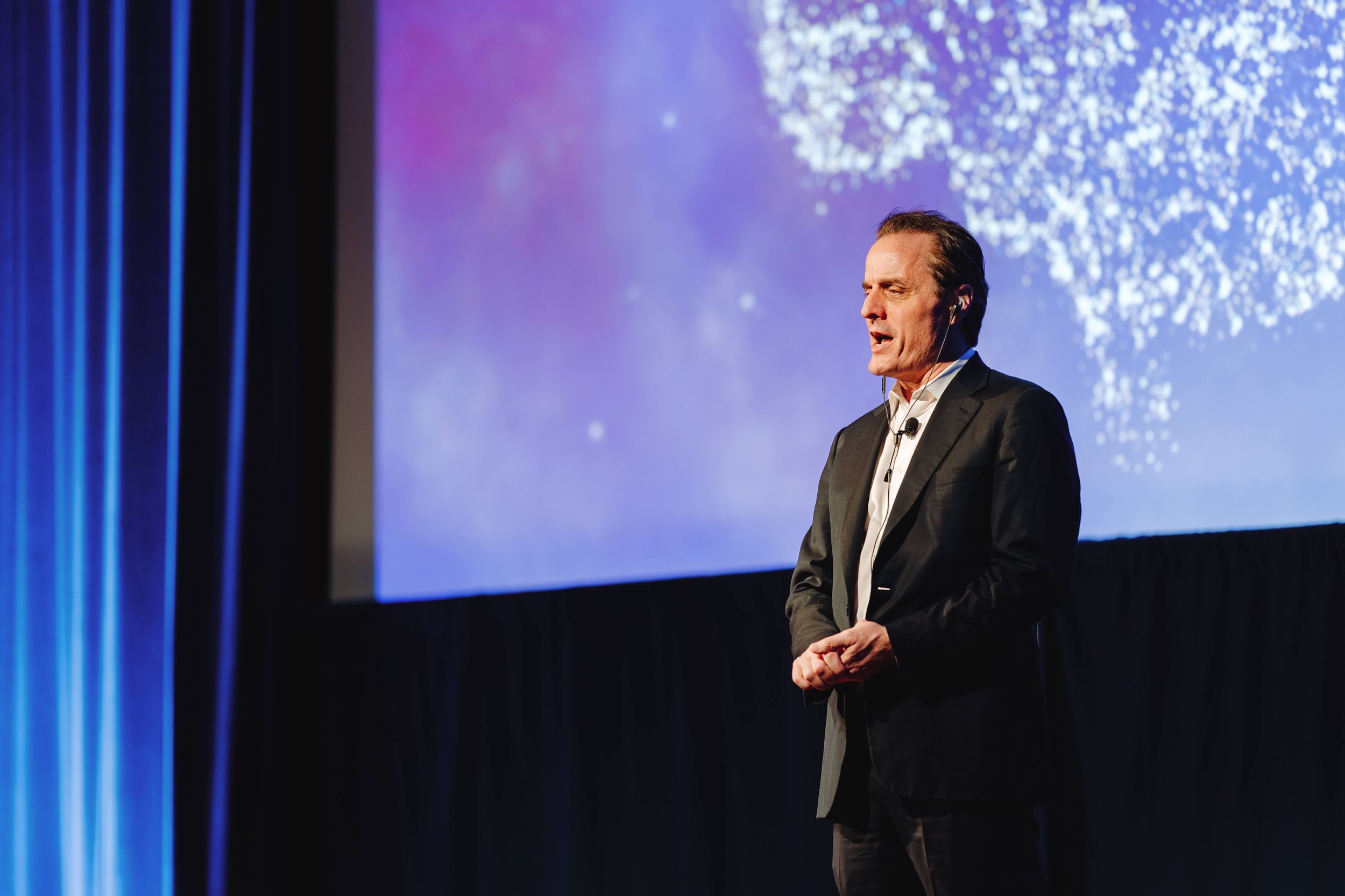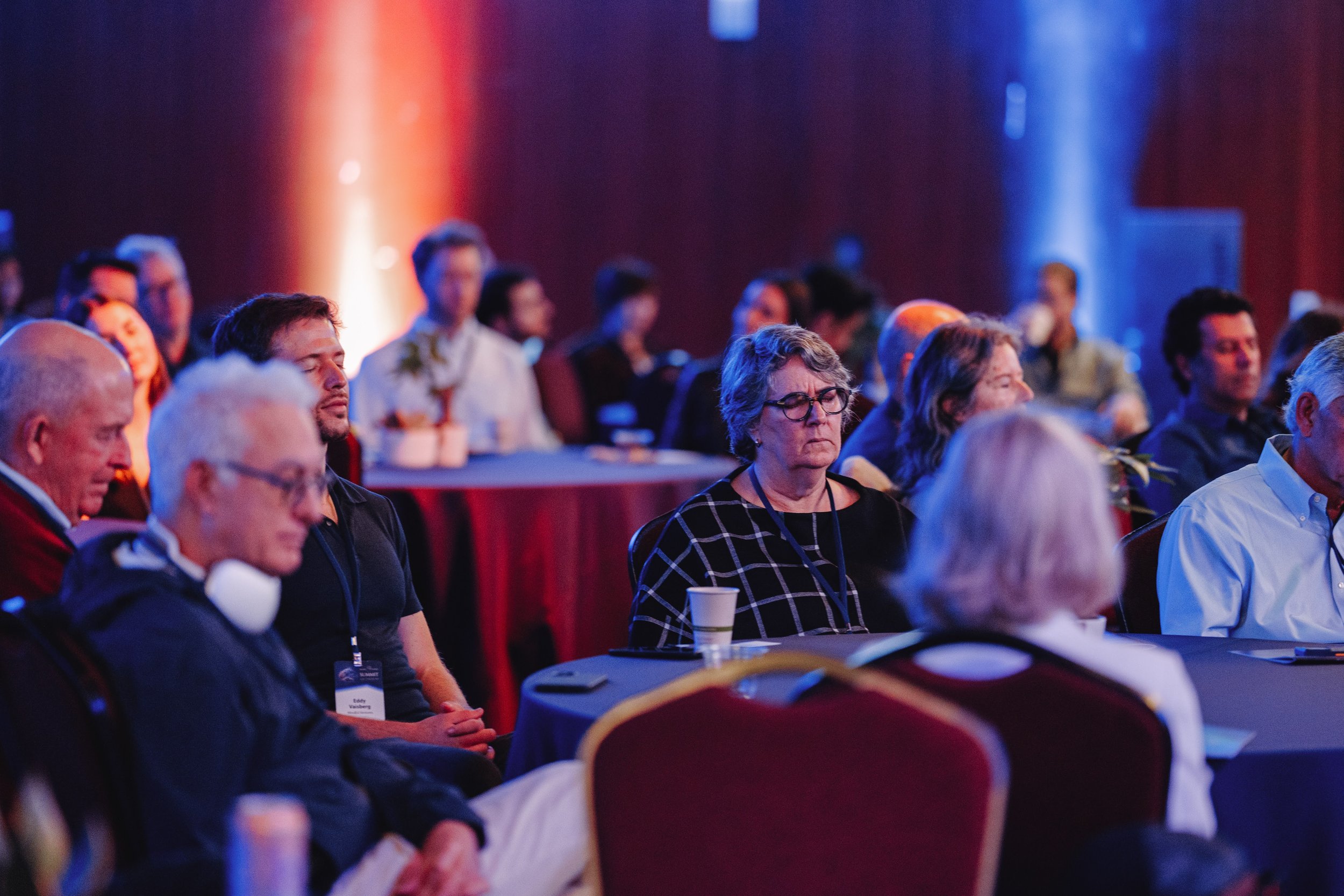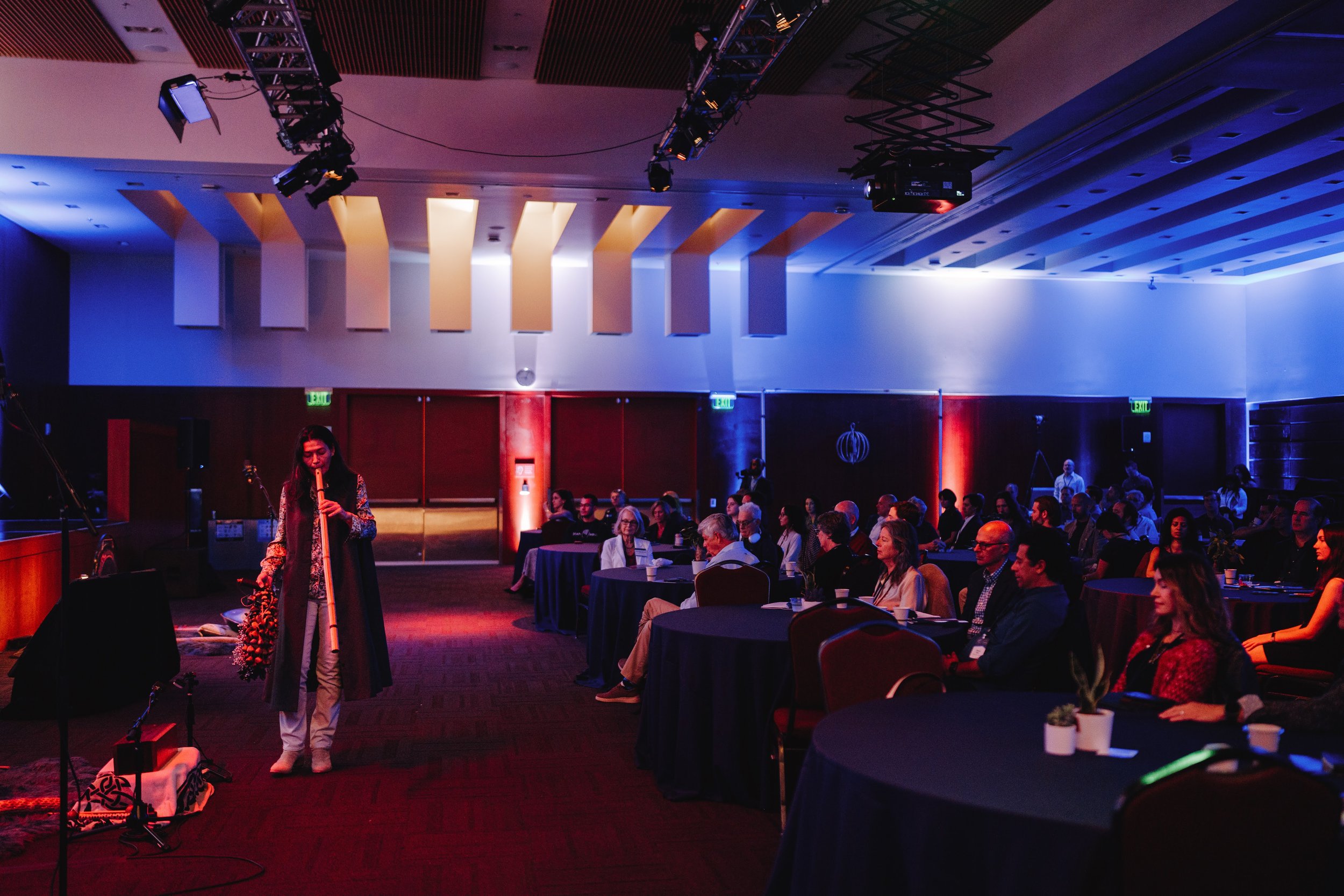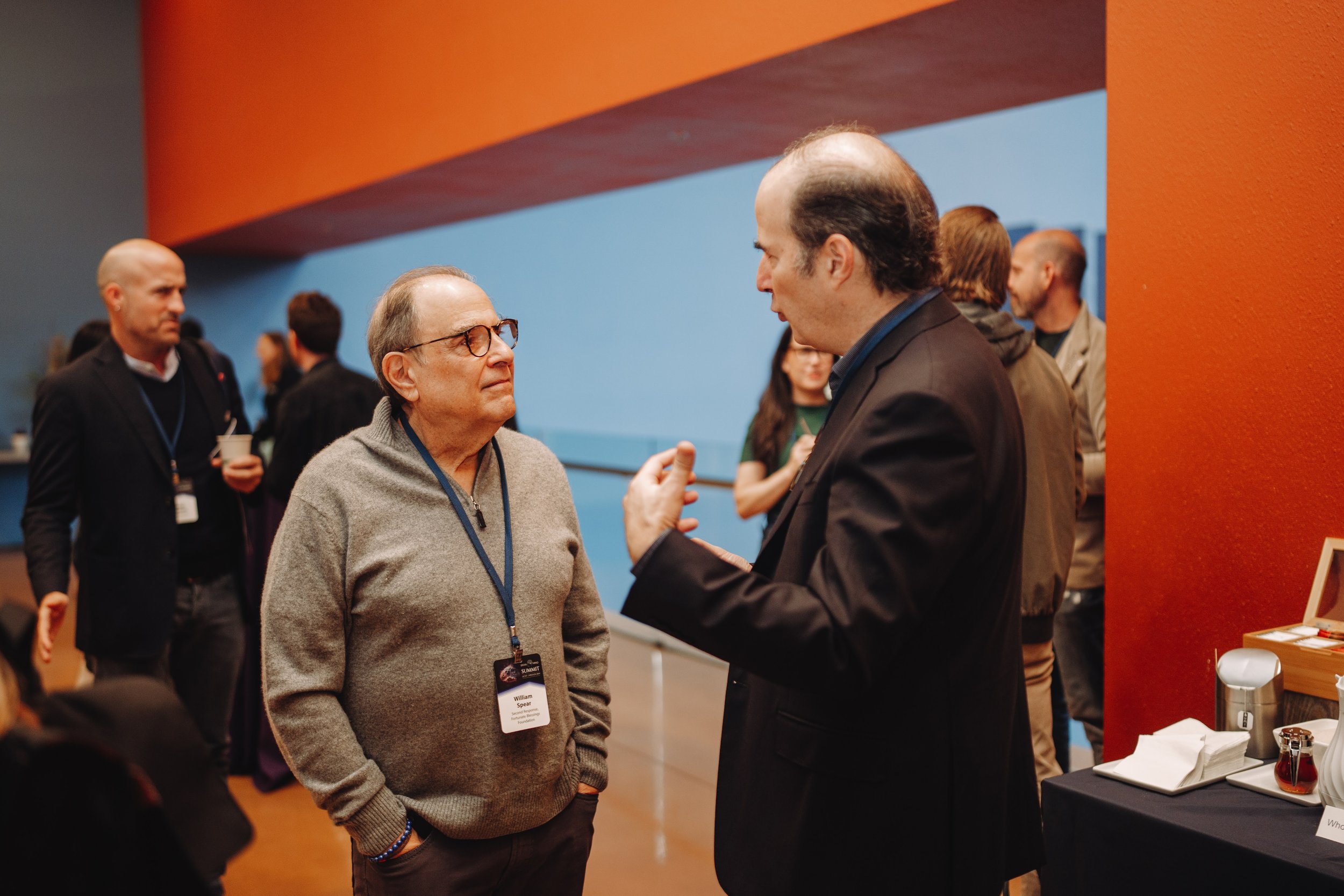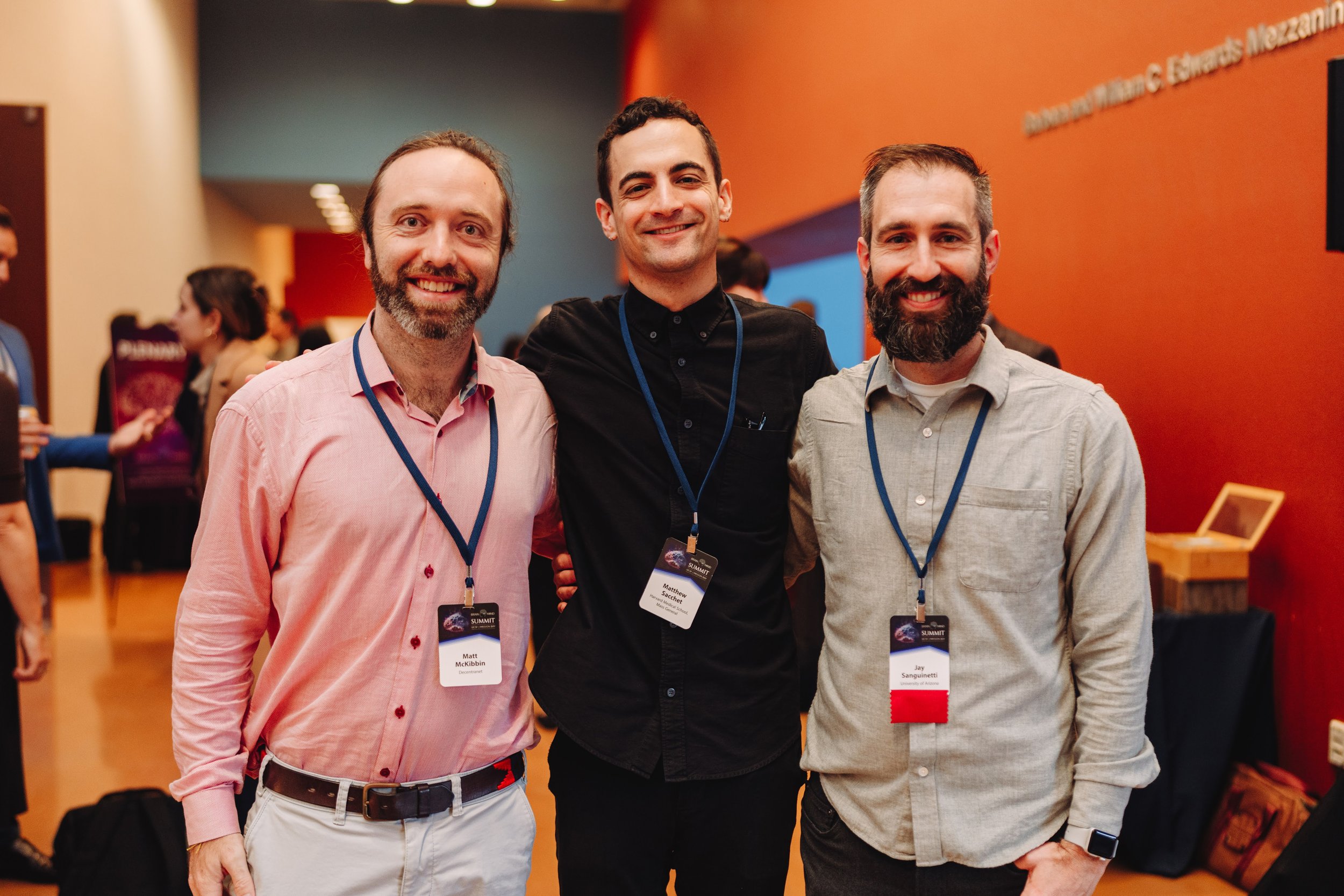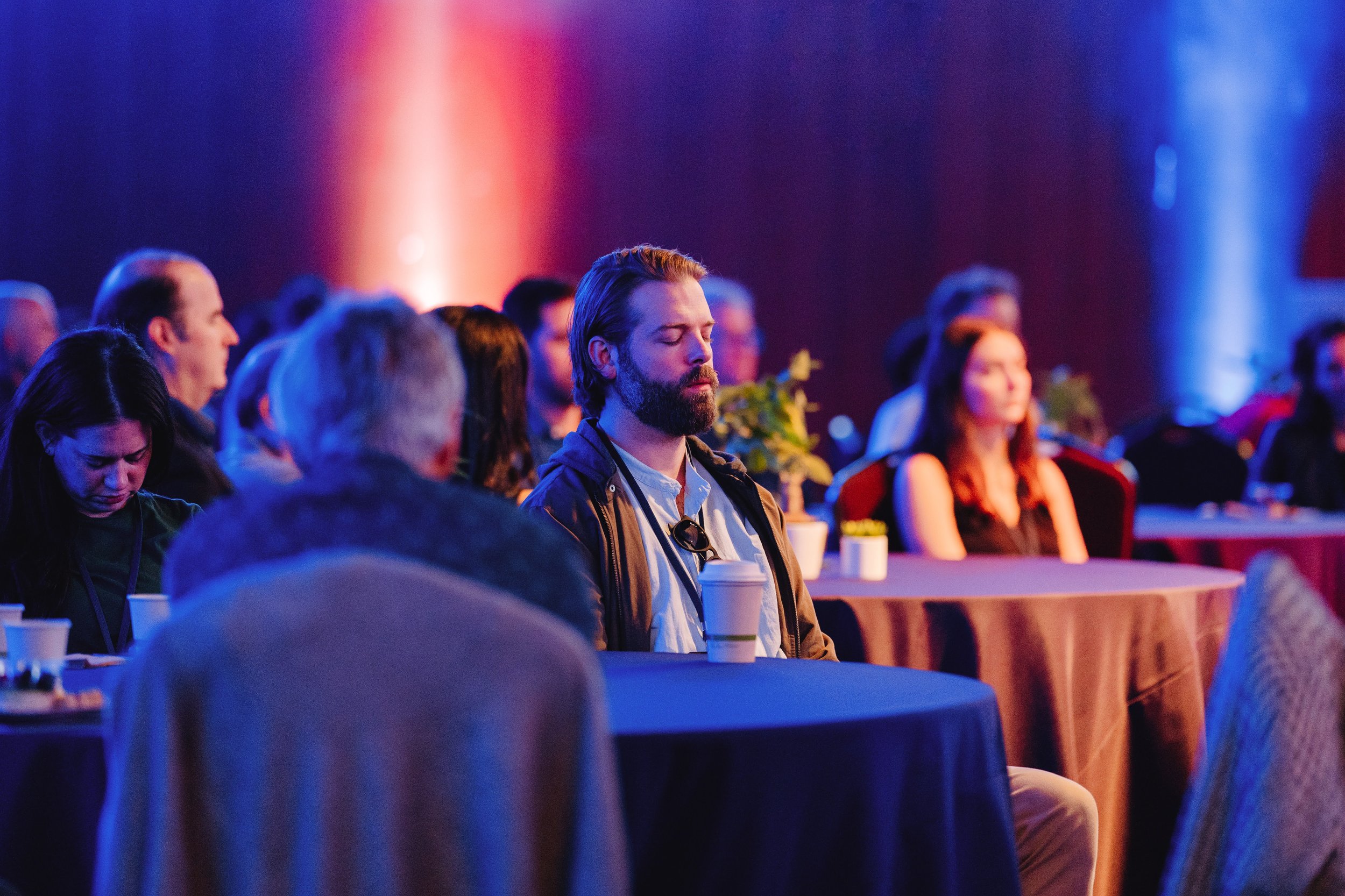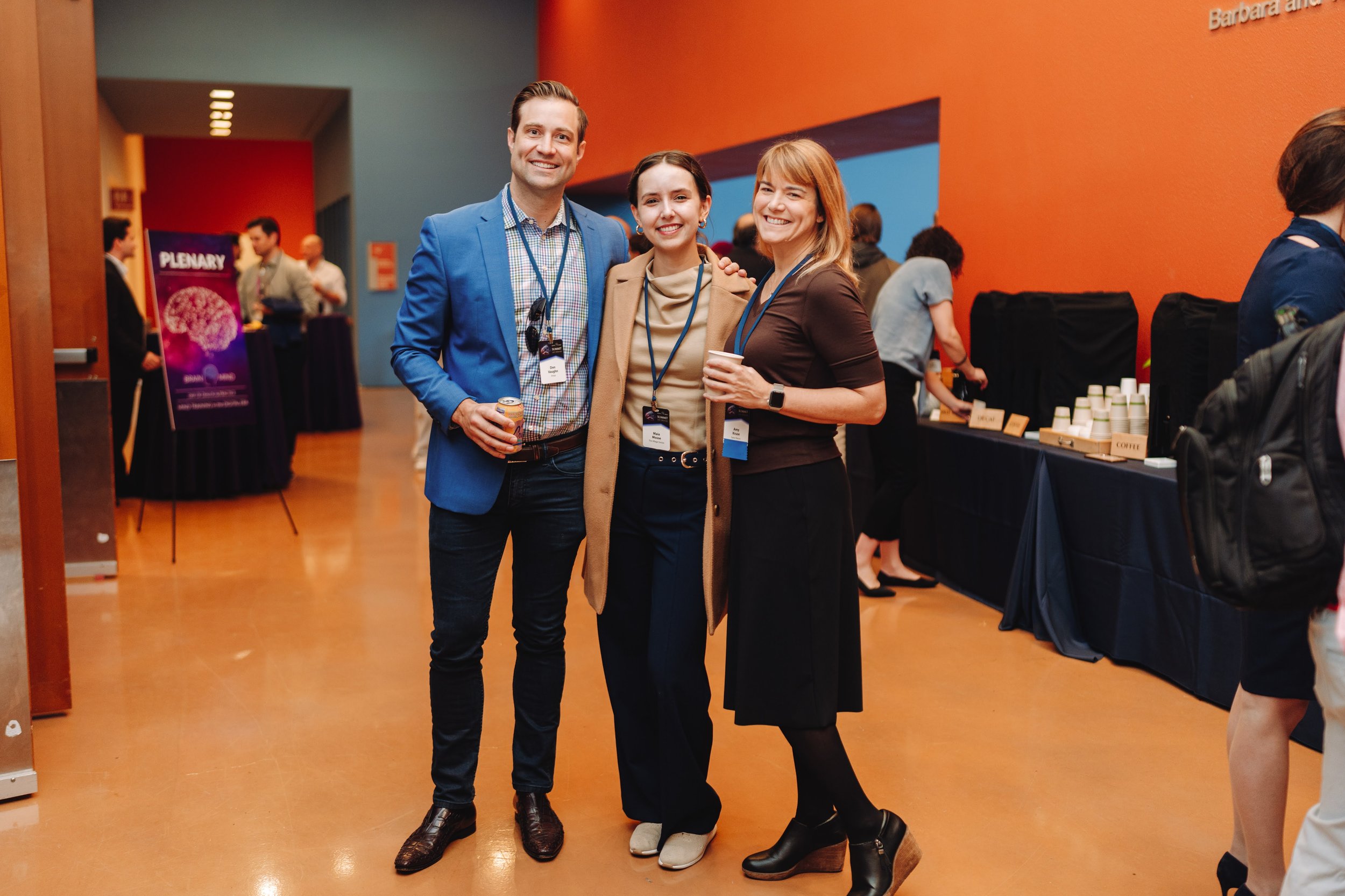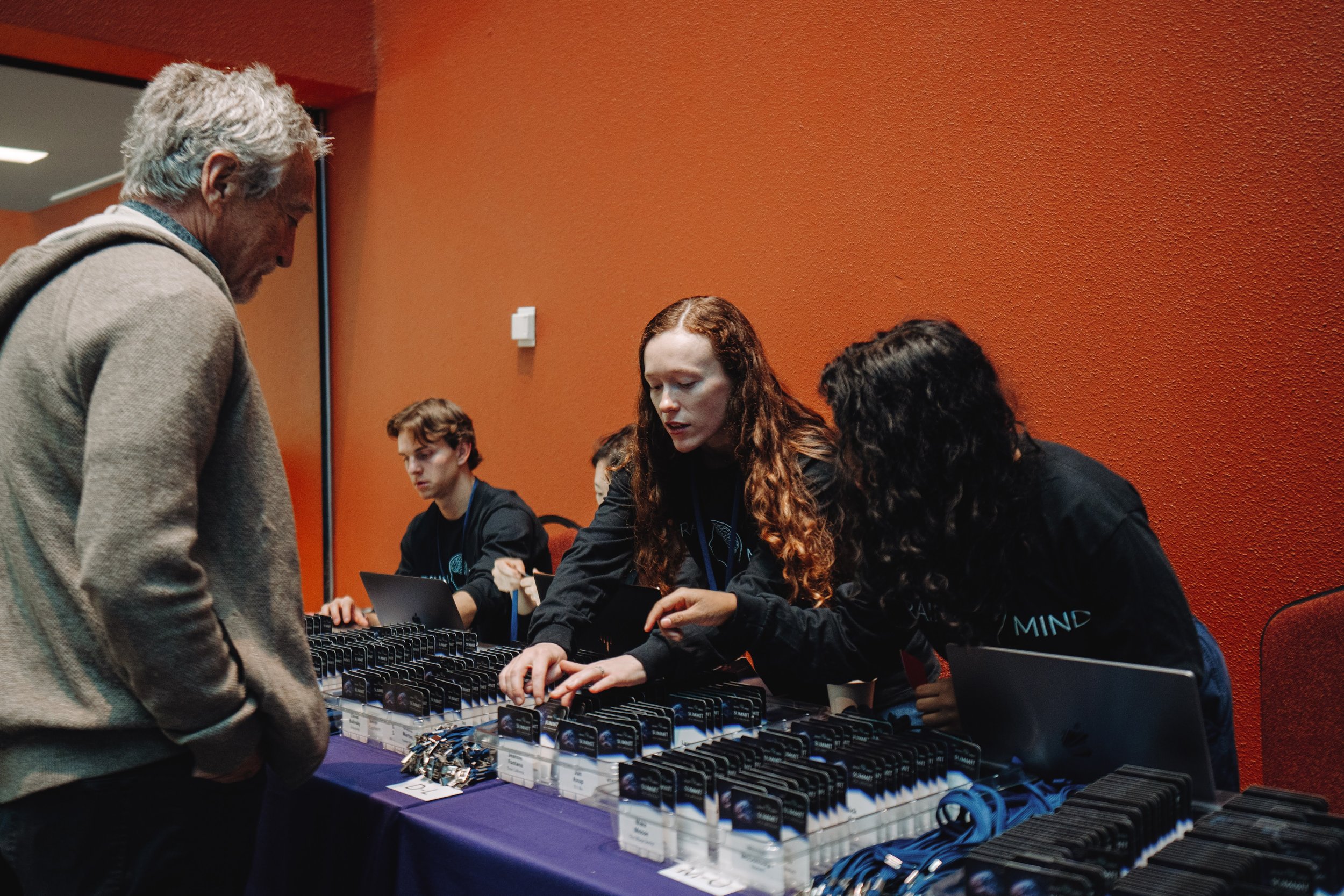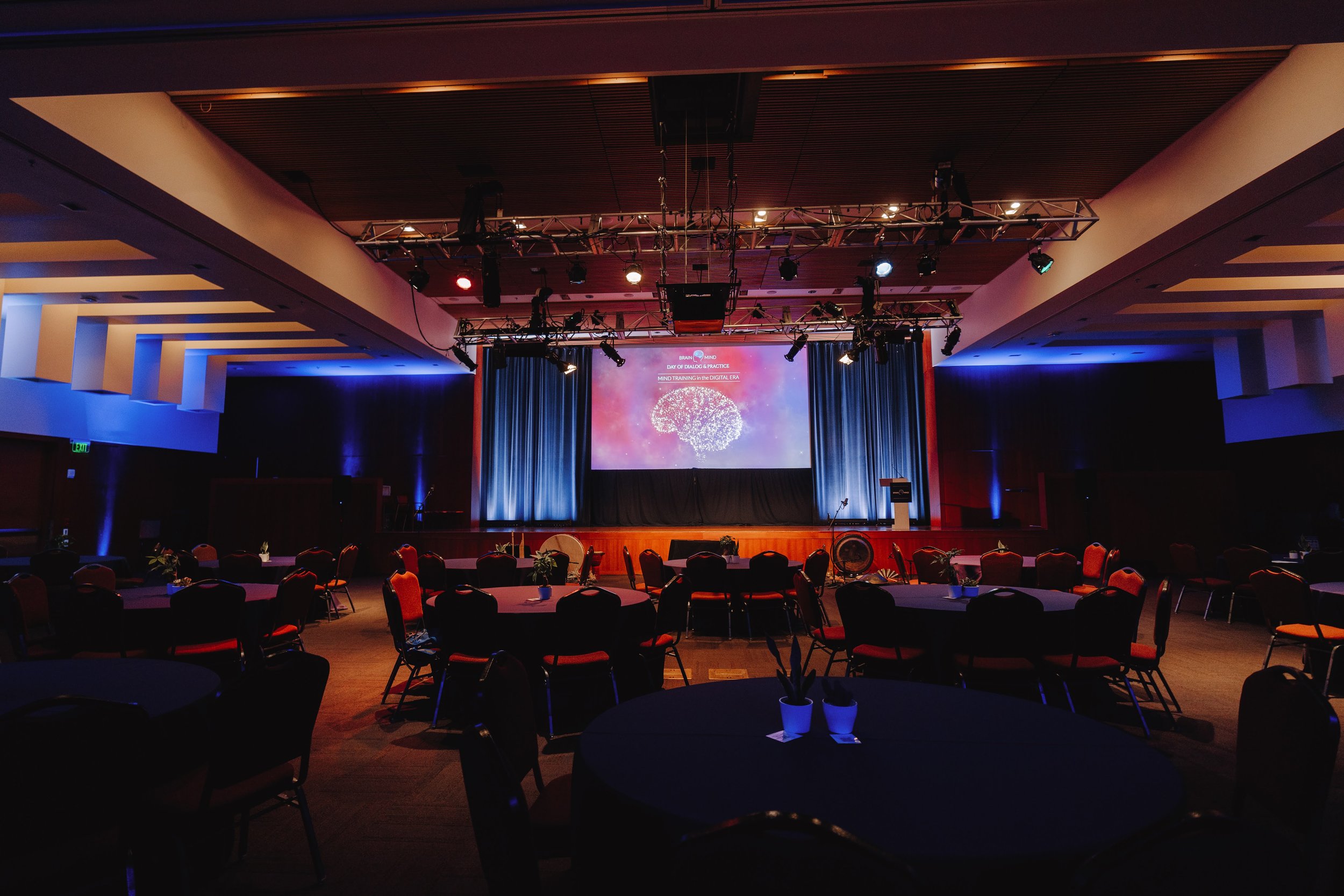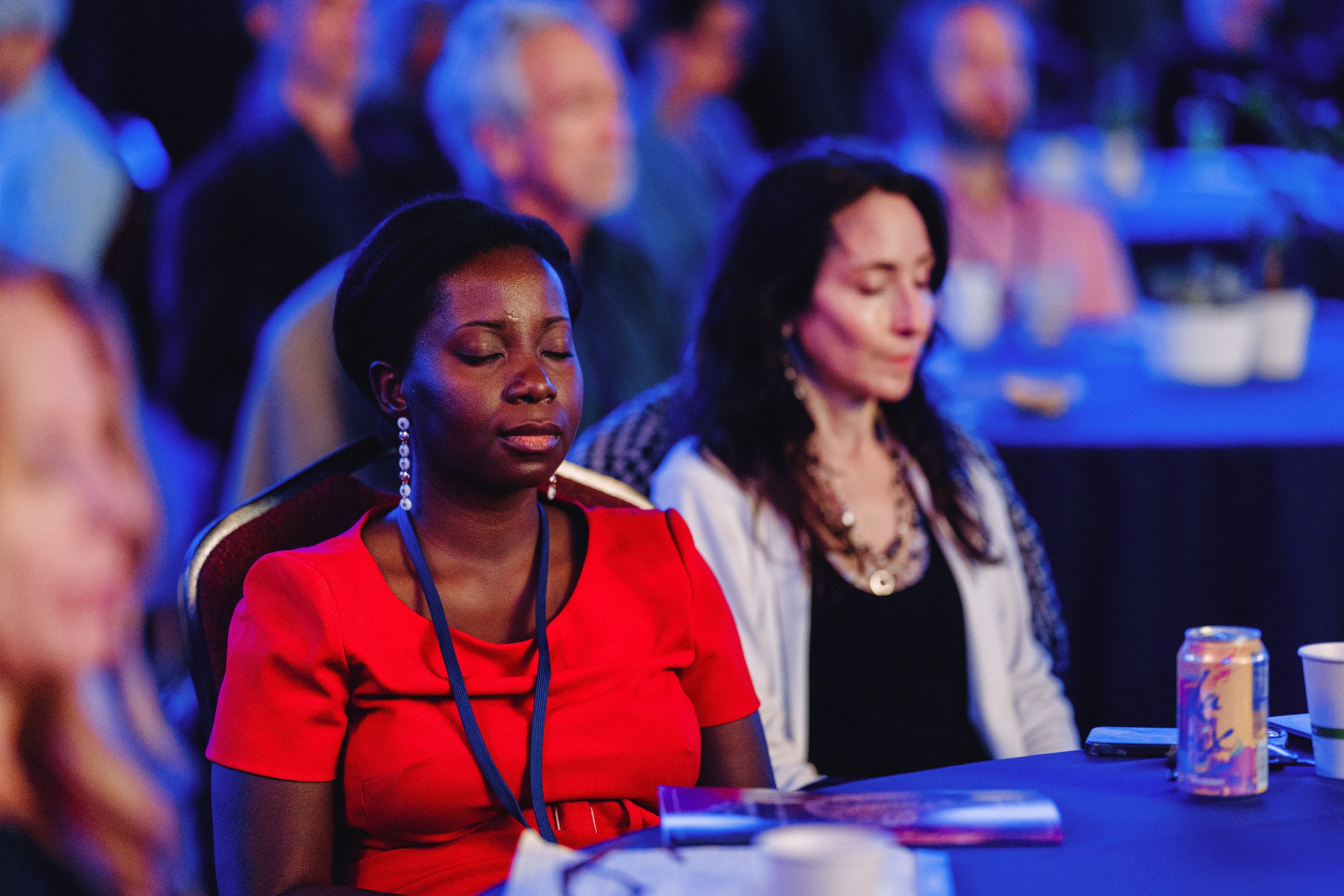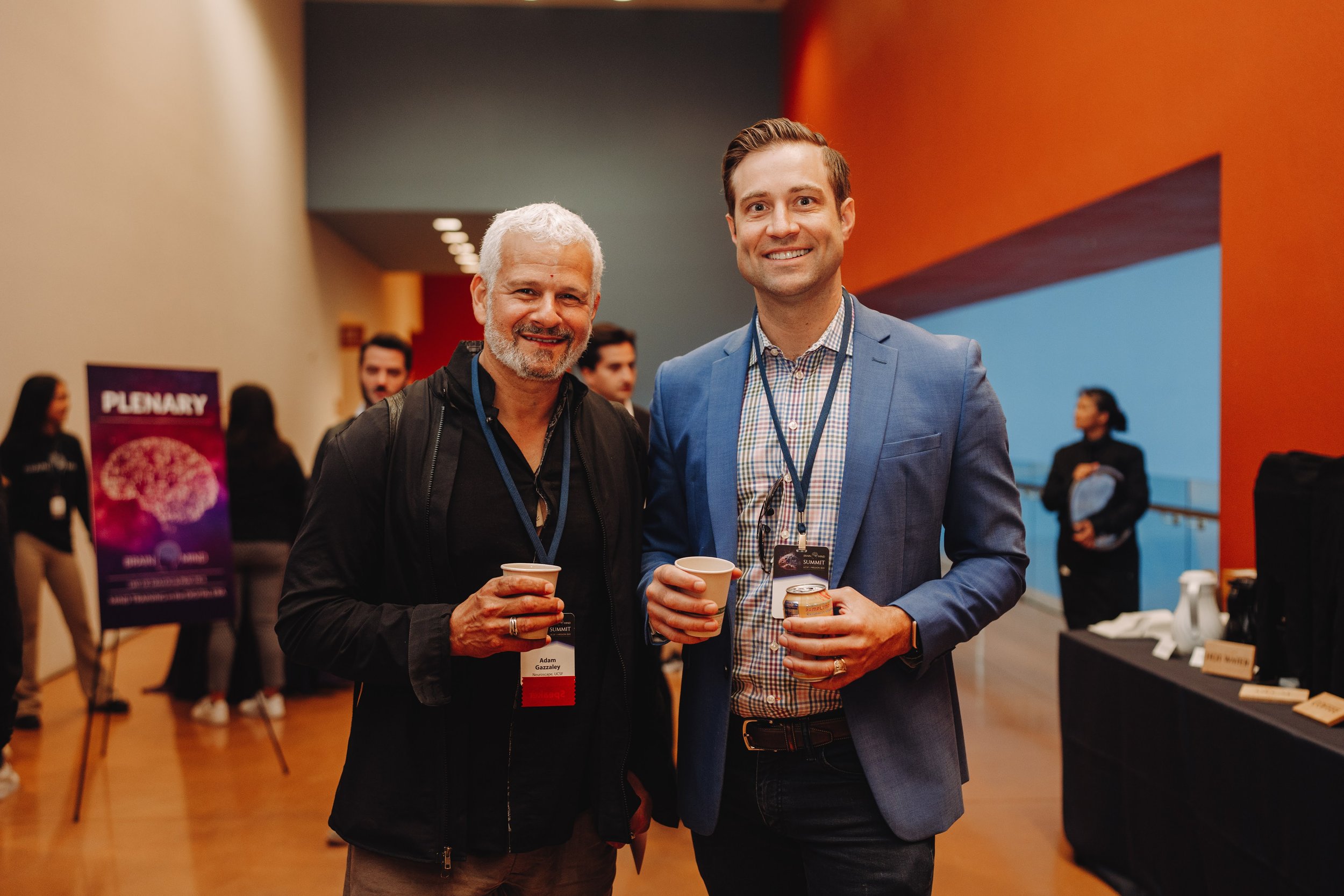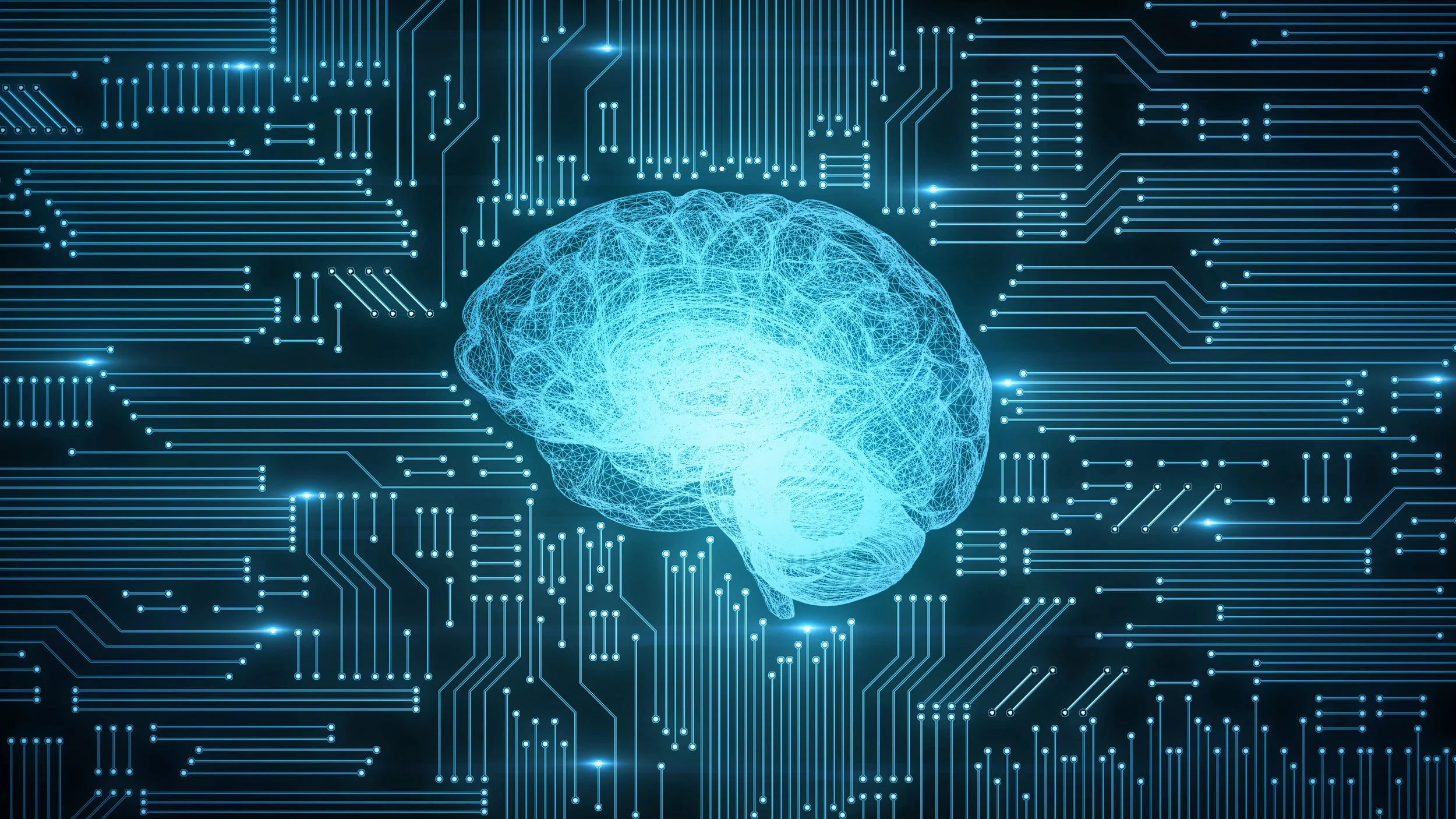
Application for BrainMind Summit: Mind Science
BrainMind Summit: Mind Science, San Francisco, 2025
On March 21st-23rd, 2025, we will gather to explore where ancient wisdom meets modern innovation, pushing the limits of what we know about the mind and its potential. The BrainMind Summit: Mind Science will gather the world’s sharpest thinkers and most daring innovators in an intimate setting, beckoning you to delve deeper into the mysteries of thought, the essence of self, and the very architecture of human consciousness.
This event is not merely a collection of talks and panels, but a chance to witness the cutting edge of human understanding as it unfolds. Here, we bridge the ancient and the modern, uncovering how the lessons of nature converge with the pulse of innovation, and how the oldest practices of meditation and contemplation find new life in the circuitry of modern technology.
Together, we’ll explore how the neural pathways that govern learning and concentration can be altered and enhanced, how artificial intelligence might unlock new layers of self-awareness, and how the synthesis of mind science and technology can redefine our understanding of mental states, expand the frontiers of creativity, and offer new insights into human well-being and cognitive potential.
The BrainMind Summit: Mind Science is a gathering of pioneering intellects and trailblazers, united by a singular purpose: to explore the uncharted realms of the human mind and unlock the farthest reaches of human potential. Expect thought-provoking discussions that cut to the heart of complex ideas, and transformative experiences that turn theory into practice. It is a chance to be inspired by breakthroughs that reshape what it means to be human, to find camaraderie among fellow explorers of the mind, and to leave with new ways of thinking that will echo long after the Summit concludes.
Come ready to question, to learn, and to be moved. For here, we are not simply studying the mind; we are reimagining its possibilities.
Hosts
Speakers
Speakers at BrainMind Summits are chosen for their uniquely disruptive contributions to their respective fields. All speakers are available to engage with Summit participants. Speakers delivering main stage talks will also be hosting intimate roundtable discussions over lunch and during the afternoon program.
BrainMind Summit: Mind Science Speakers include:
Reid Hoffman, Greylock
Future of AI, Scaling Social Impact
Judson Brewer, Brown
Mindfulness, Neural Plasticity, Breaking Habit Cycles
Elissa Epel, UCSF
Positive Stress, Well-being, Optimal aging, Climate Wellness
Nolan Williams, Stanford
Novel Neuromodualtion, Brain Plasticity, Precision Medicine
Donald Hoffman, UCI
Mind-Body Problem, Perception, Conscious Realism
Molly Crockett, Princeton
Moral Cognition, Self-identity, Social decision-making
Michael McCullough, BrainMind
BrainMind Today and Beyond
Vikash Mansinghka, MIT
Probabilistic Computing, Bayesian inference, Monte Carlo methods
Anil Seth, University of Sussex
Philosophy of Mind, Embodied Cognition, Sensation and Perception
Jay Sanguinetti, Sanmai, University of Arizona
Novel Neural Stimulation Techniques, Enhancement of Meditative States
More speakers coming soon…..
This event is restricted to BrainMind Ecosystem members.
BrainMind is a best-in-class community with a shared mission to advance neuroscience innovation that will most benefit humanity. Ecosystem members have each been personally nominated for their brilliance, effectiveness, sincerity, and intent. Each of you has the experience, talent, and resources to have a direct impact on the science presented.
“More than anything, I love what is possible to learn here.”
Memories from previous mind training gatherings
Sample Agenda
BrainMind Summit: Mind Science 2025
At UCSF, San Francisco, CA
Friday, March 21st, 2024
BrainMind: Mind Science Community Day
10:00AM - 5:00PM Small groups will attend community experiences across the city
Saturday, March 22nd, 2024
BrainMind: Mind Science DAY 1
8:00 AM Breakfast & Registration, Experiential NeuroLab Opens
9:00 AM Welcome and Musical Performance
9:20 AM Plenary Session: Why are we here?
12:45 PM Lunch with Speakers
3:00 PM State of the Field
4:15 PM Immersive Full Body Music Experience
5:00 PM Closing Remarks
5:15 PM Reception
6:00 PM Close
——————
7:00 PM Feast of Ideas
Sunday, March 23rd, 2024
BrainMind: Mind Science DAY 2
8:00 AM Breakfast, Experiential NeuroLab Opens
9:00 AM Welcome and Meditation
9:20 AM Plenary Session: Look in the Mirror
12:45 PM Lunch with Speakers
2:15 PM Fully Body Immersion
2:30 PM AI and Consciousness
4:00 PM Fireside Chat
5:00 PM Closing Reception
6:00 PM Close
——————

“My favorite part of BrainMind is meeting people from all walks of life and different fields of science and entrepreneurship and technology. It is this ecosystem that fast forwards science”
COMMUNITY DAY
During Community Day, BrainMind community members will host immersive activities and discussions at special locations across San Francisco designed to foster deep connections and explore the fascinating realms of mind science and mental training.
FEAST OF IDEAS
Gather with fellow participants to sample culinary and conversational delights at the Feast of Ideas; an open format dinner with themed topic tables led by experts in the field. This dinners allows attendees to go deeper on specific topics and are designed to encourage conversation and collaboration with presenters and other great minds.
Past table themes include:
“For me, BrainMind is like the Superbowl. It is literally the only place where investors, entrepreneurs, and philanthropy come together and interact together in a really authentic way”
MUSICAL EXPERIENCES
Past musical curators and performers include:
EXPERIENTIAL NEUROLAB
BrainMind Summits always include a hands-on Experiential NeuroLab with exciting inventions, technology demonstrations, and artistic exhibits. Past experiences include mind-controlled visual media, AR and VR-based technologies, real human brains, 10-100x expanded brain segments, neuroscience-driven perceptual illusions, immersive education experiences, and more.
ART EXHIBITIONS
Past featured artists include:
BRAIN-HEALTHY CUISINE
New research indicates that diet plays a significant role in brain function, impacting everything from memory to risk for brain diseases. We put these exciting findings into practice at our Summits. You won’t find junky conference fare at our event. Meals and snacks served at the Summit feature foods and ingredients with published findings for brain health benefit. Learn more about our approach here.
“BrainMind thinks about not just crossing the disciplines, but coming up with new approaches to the problem overall”
















